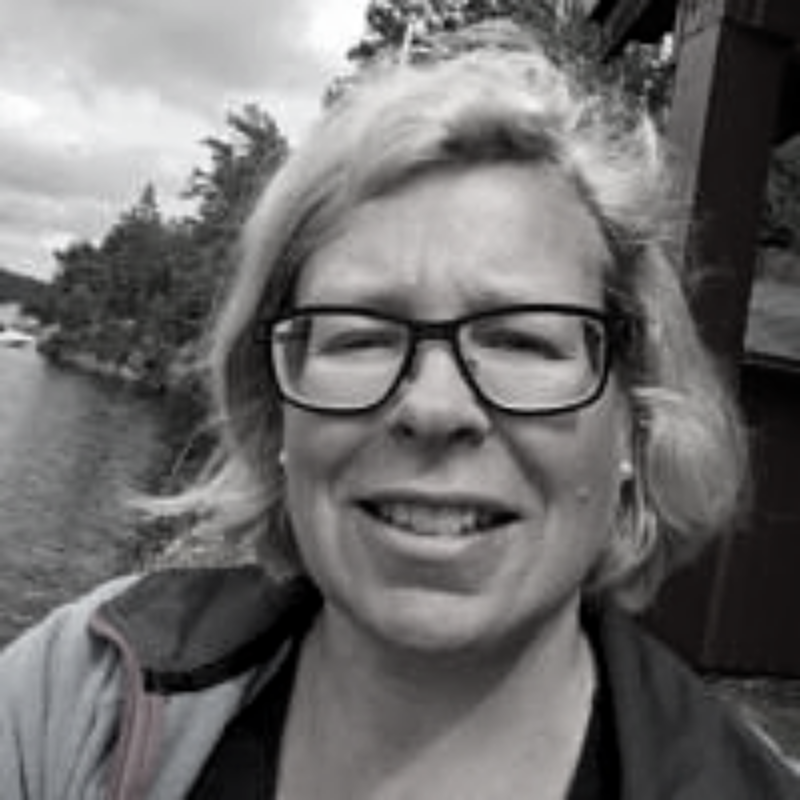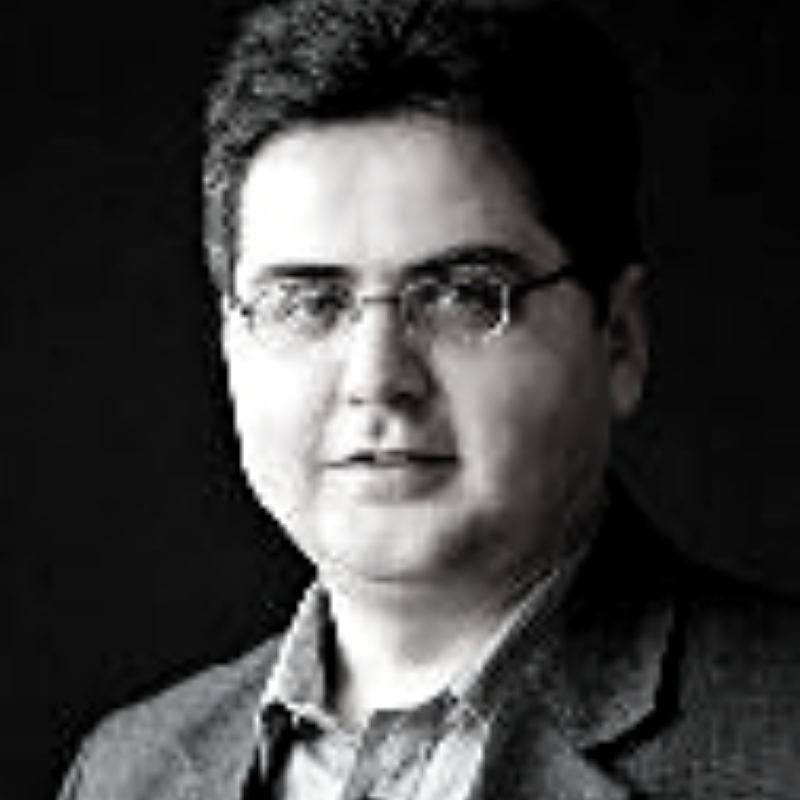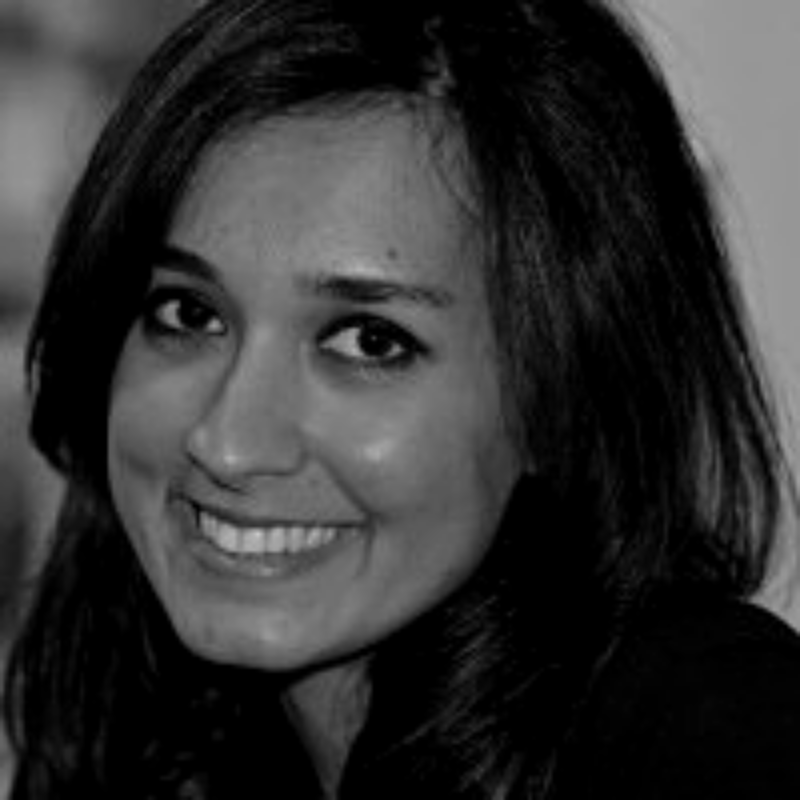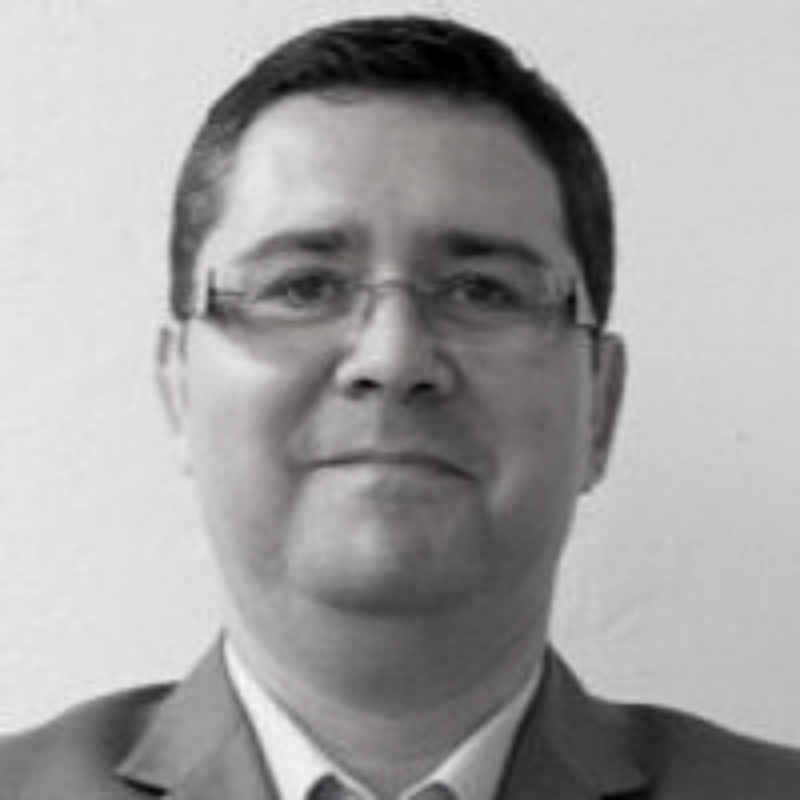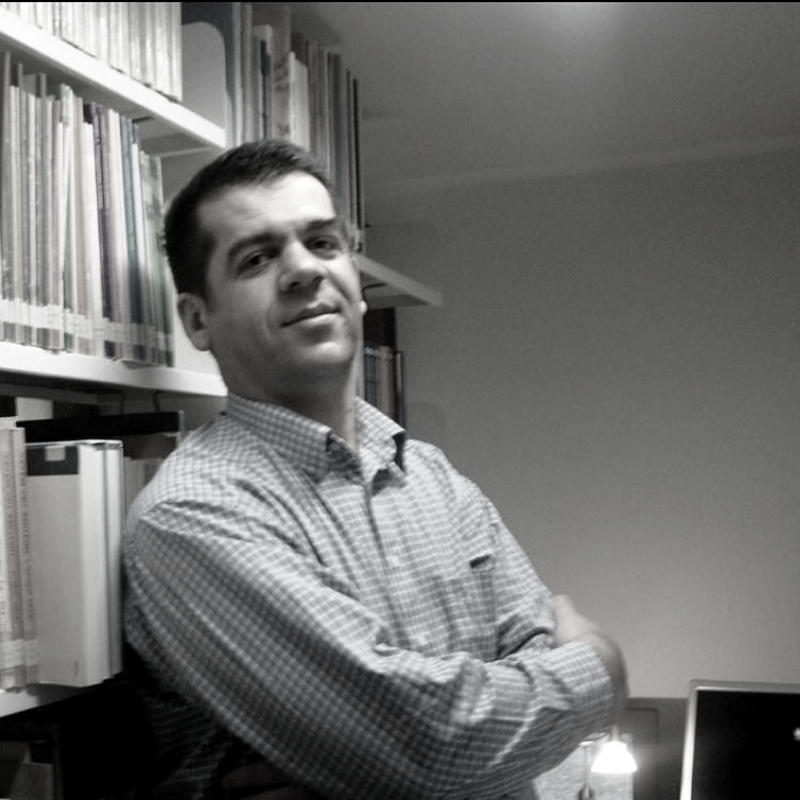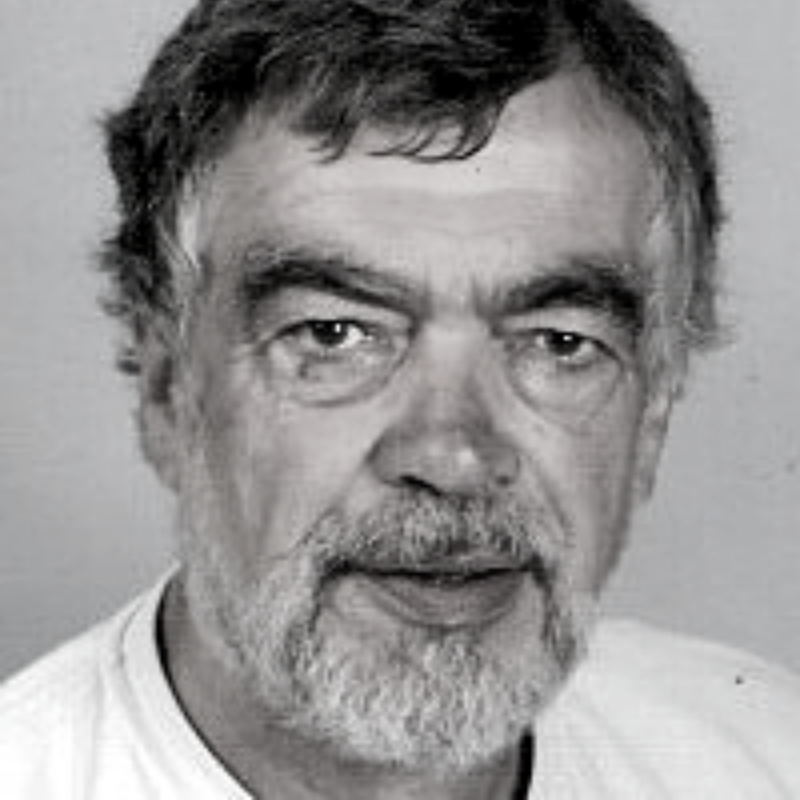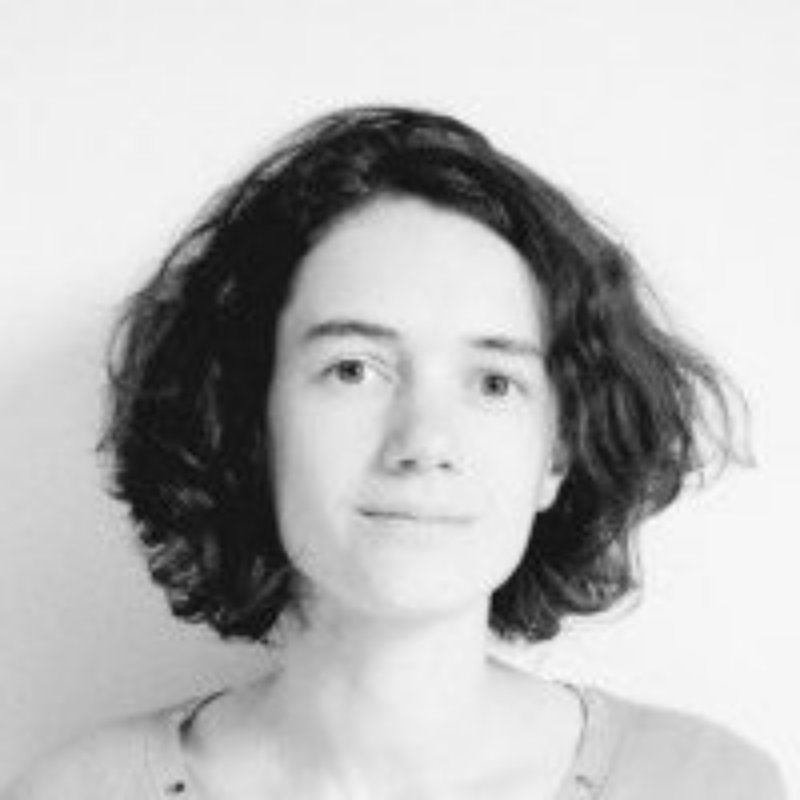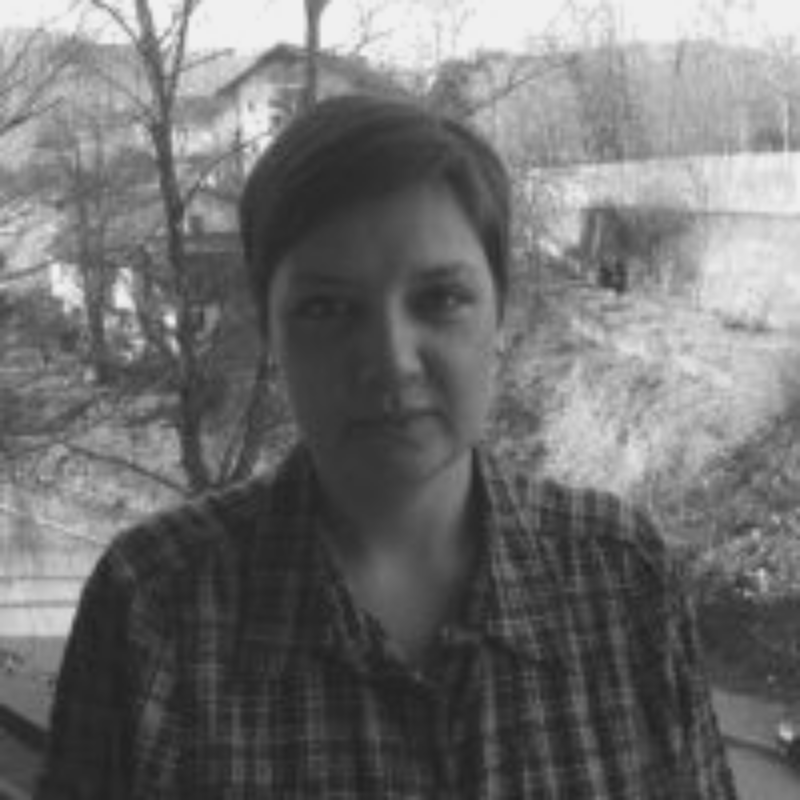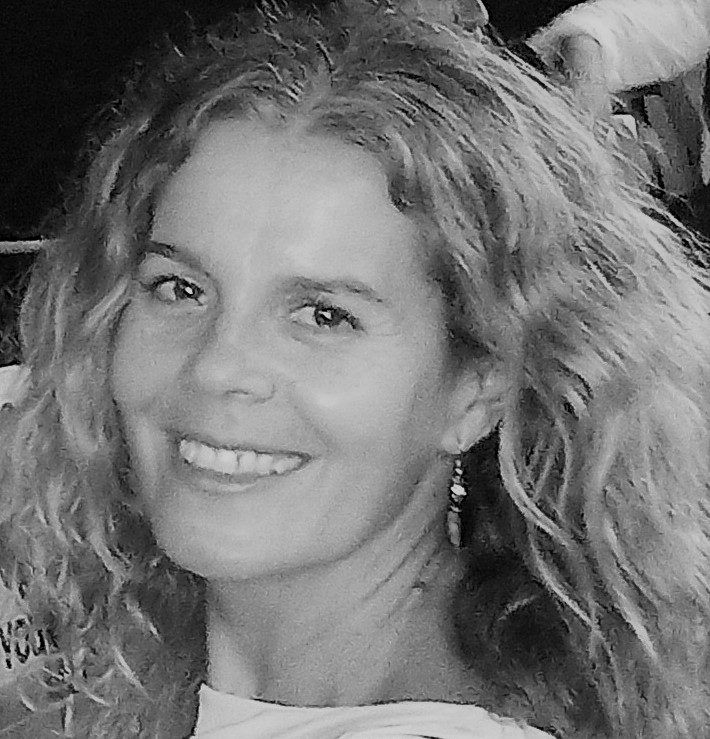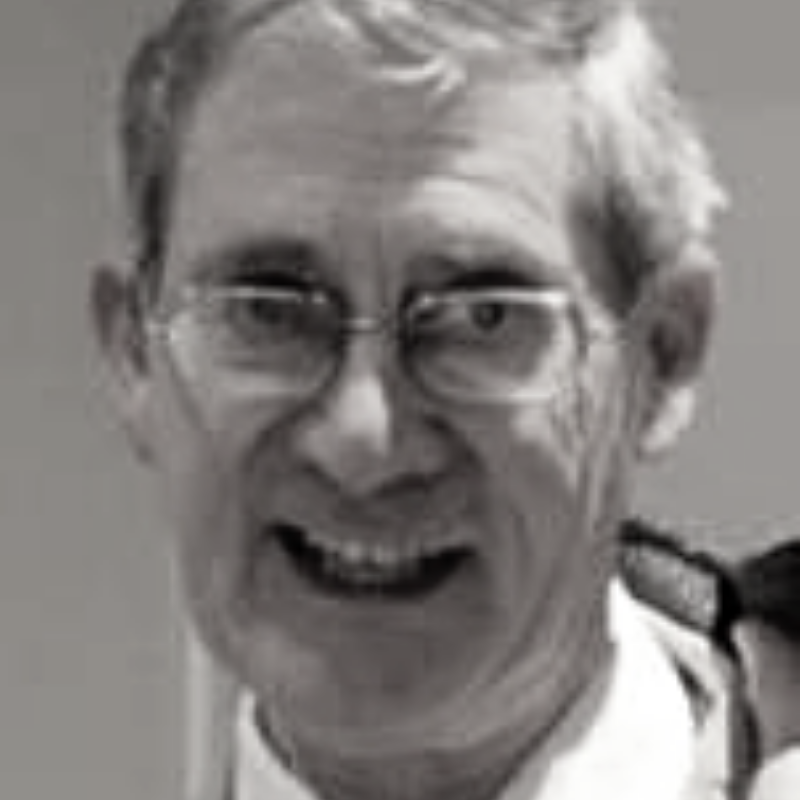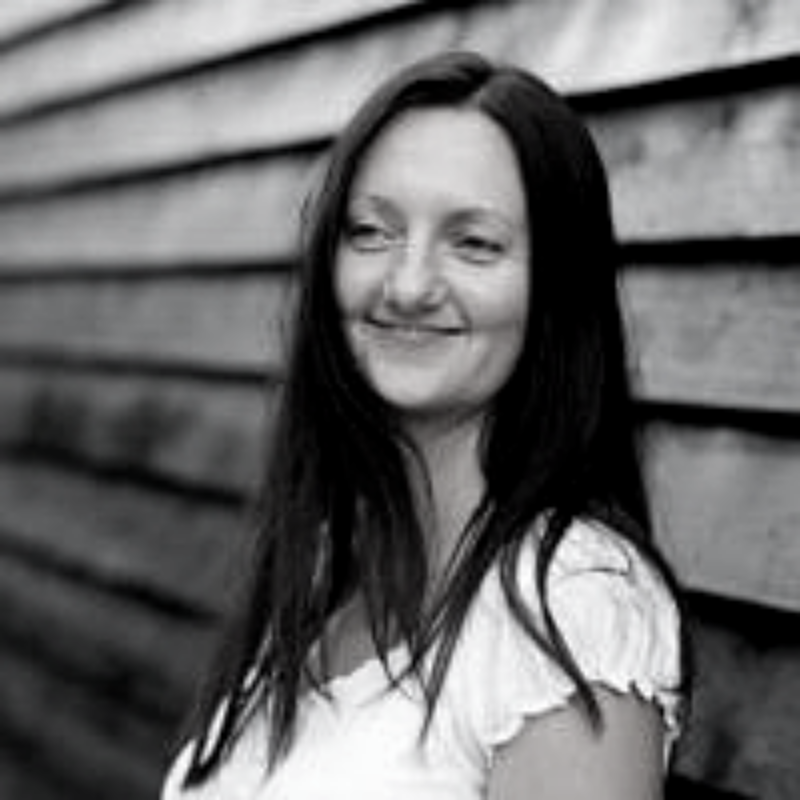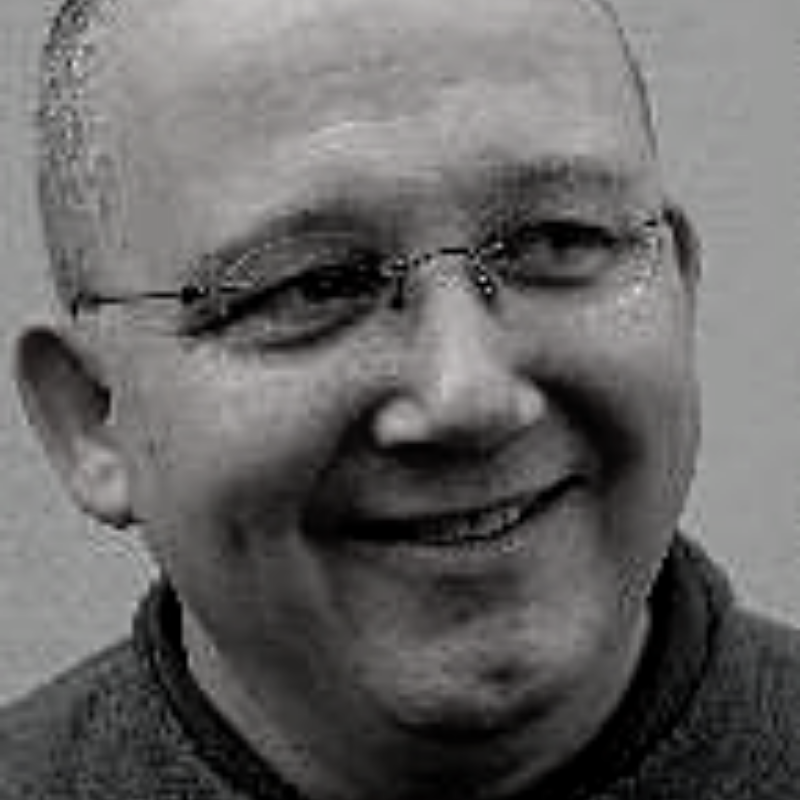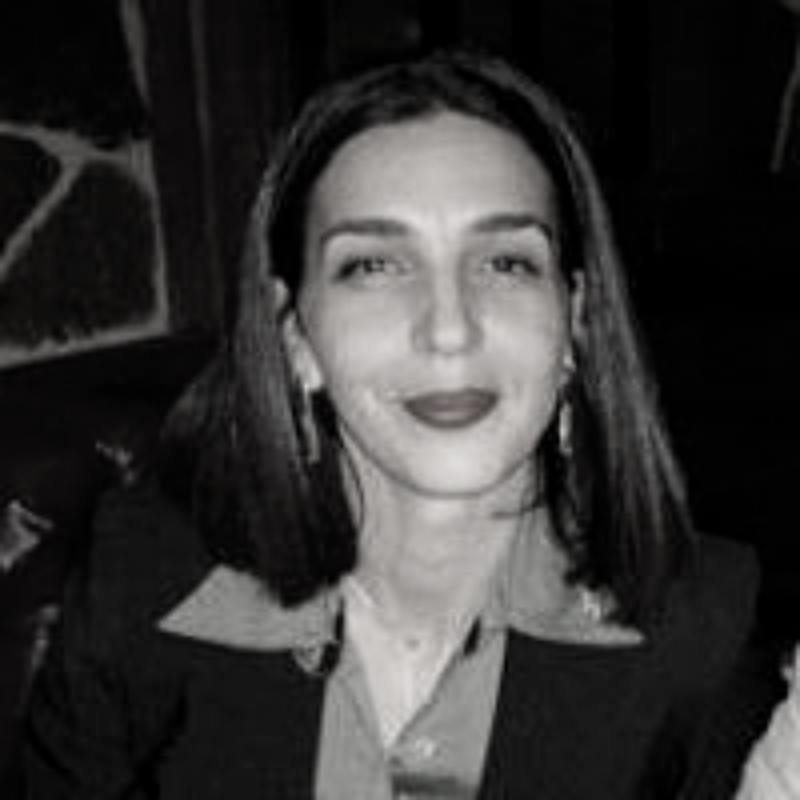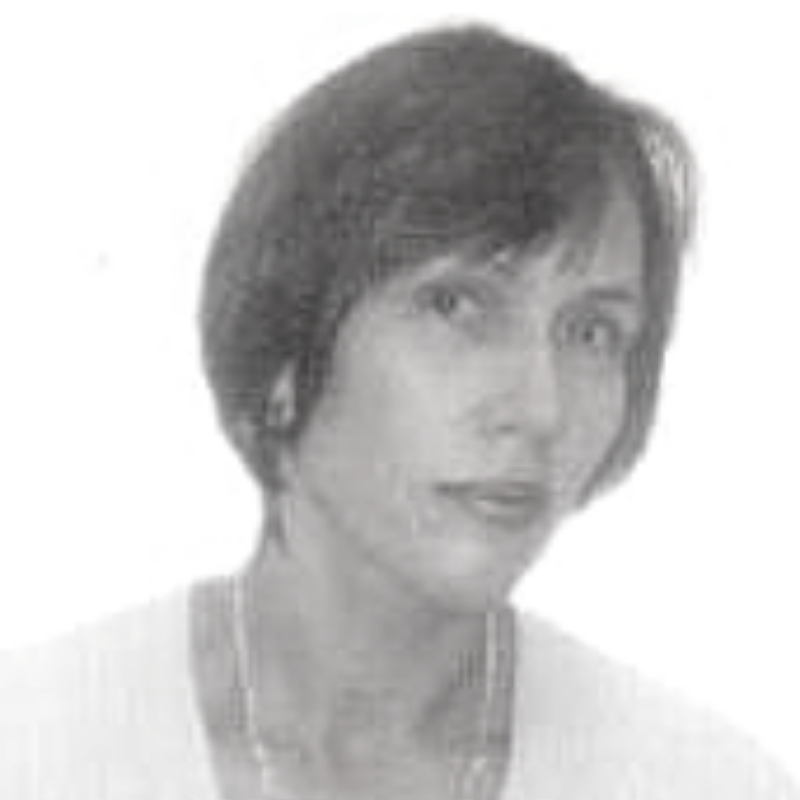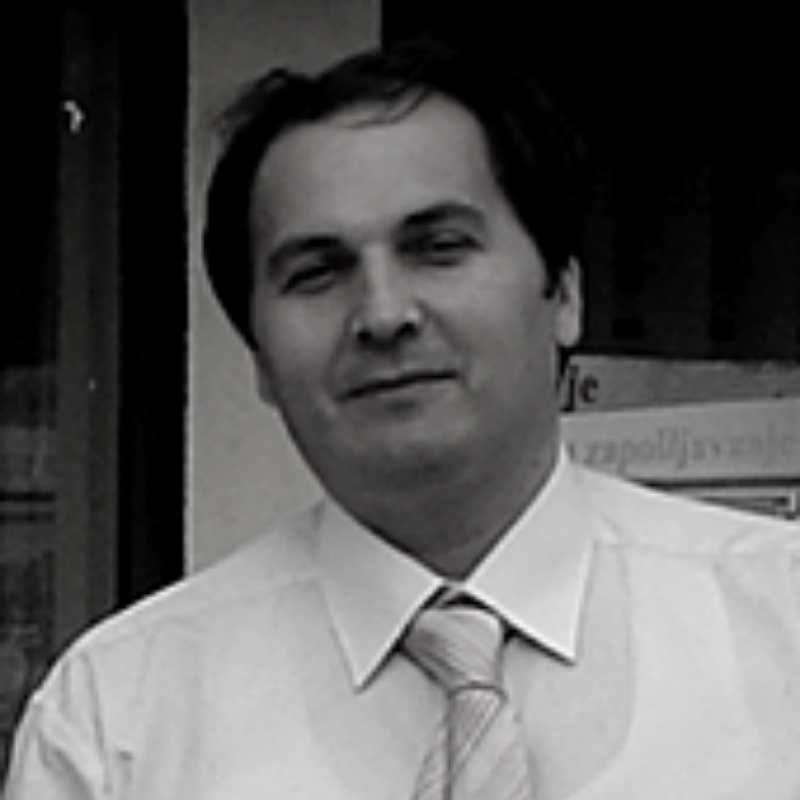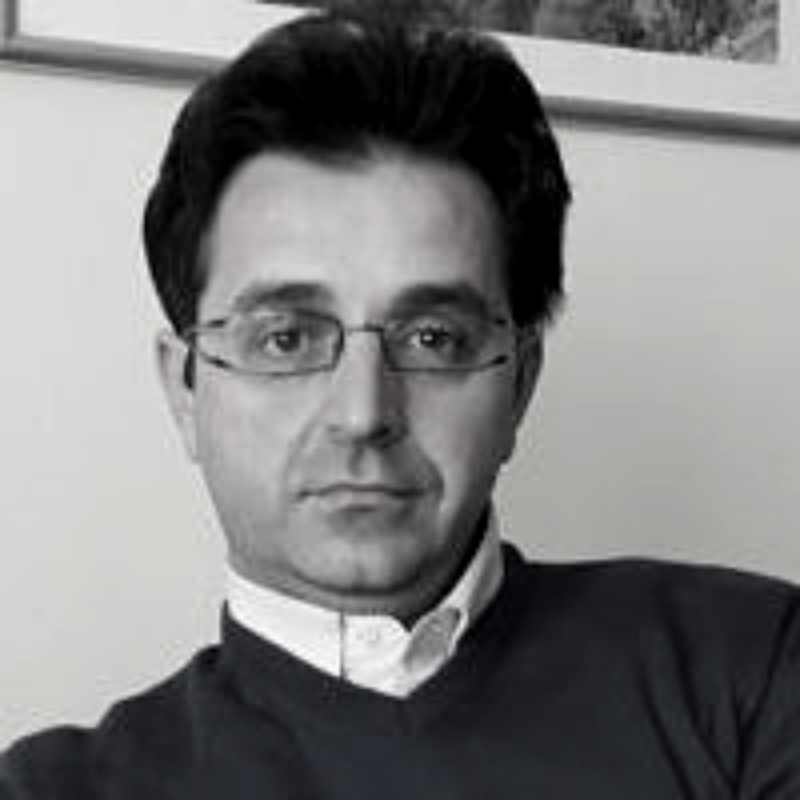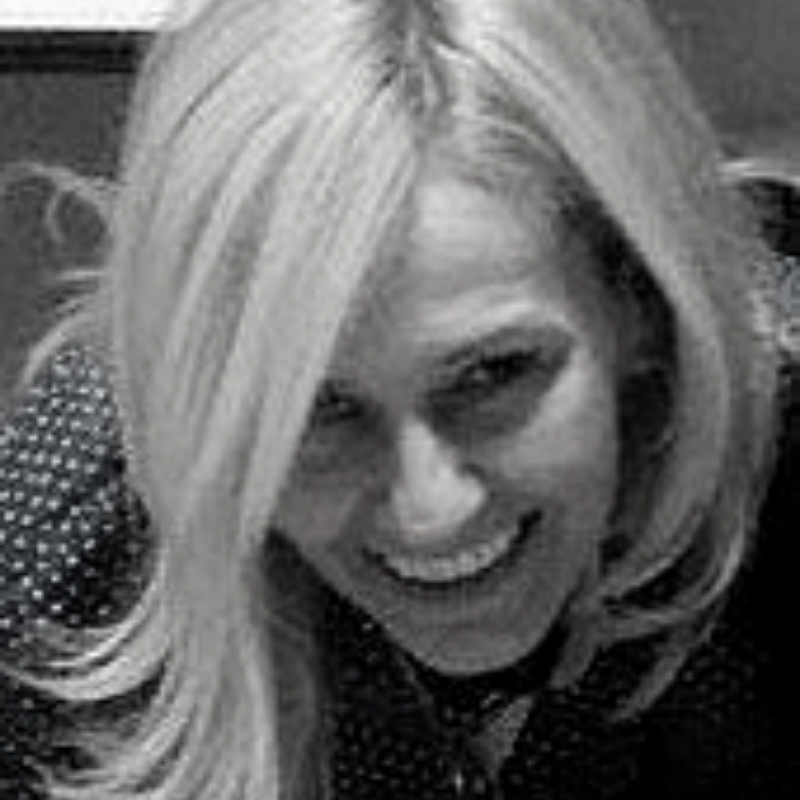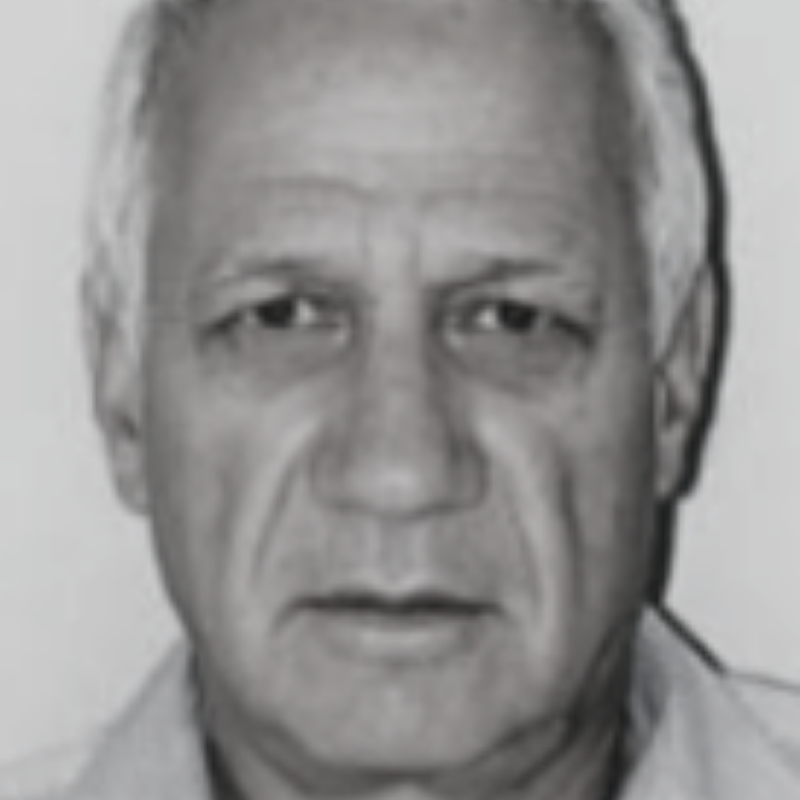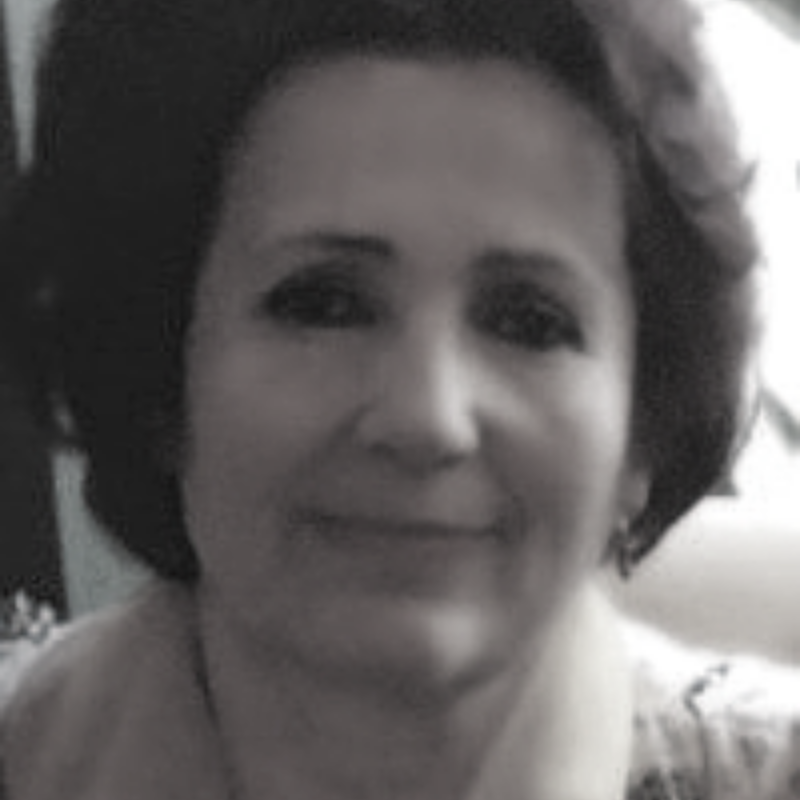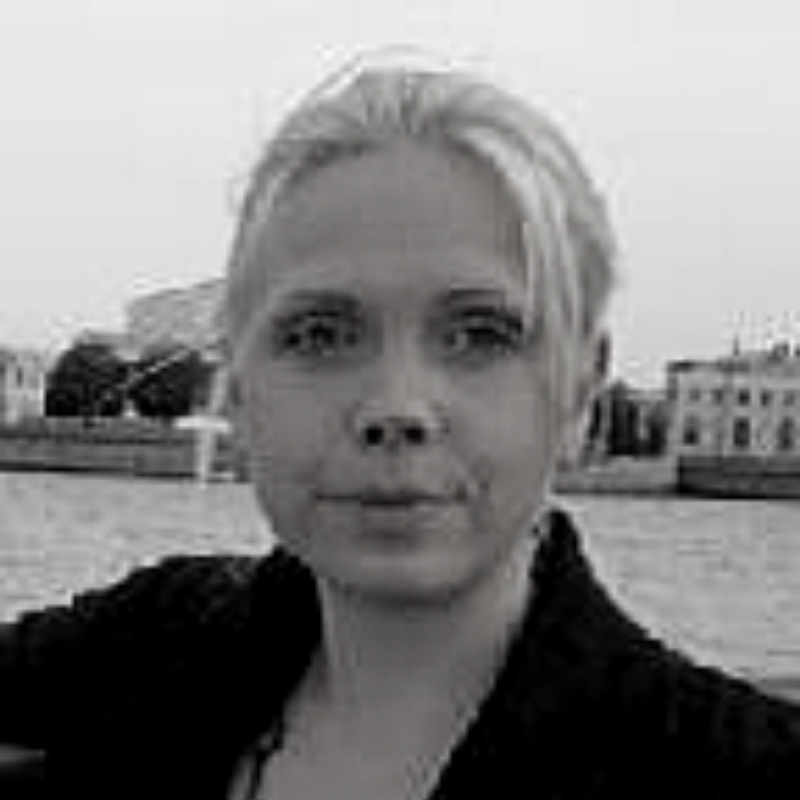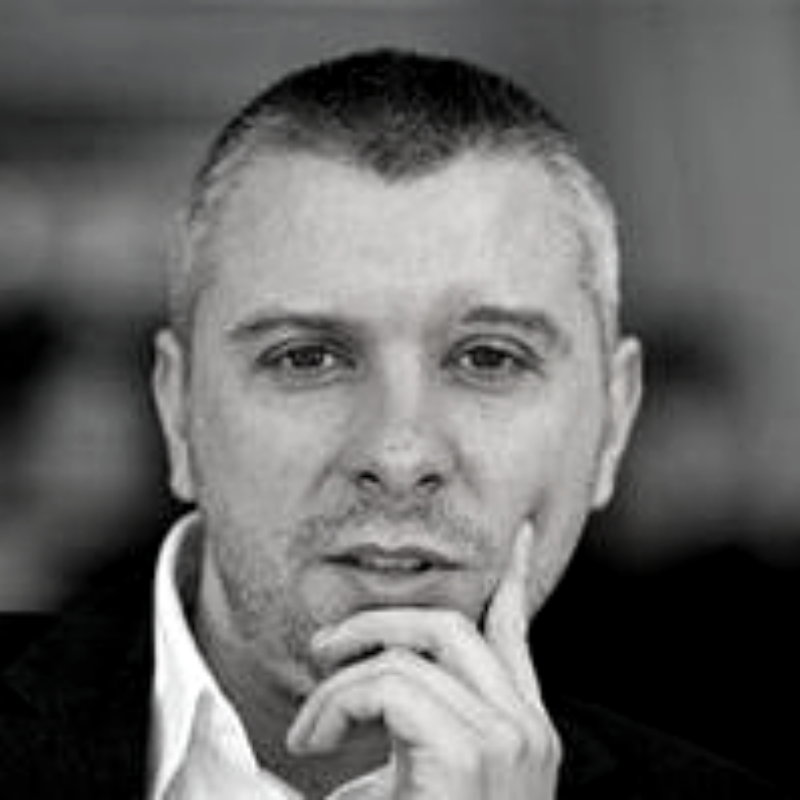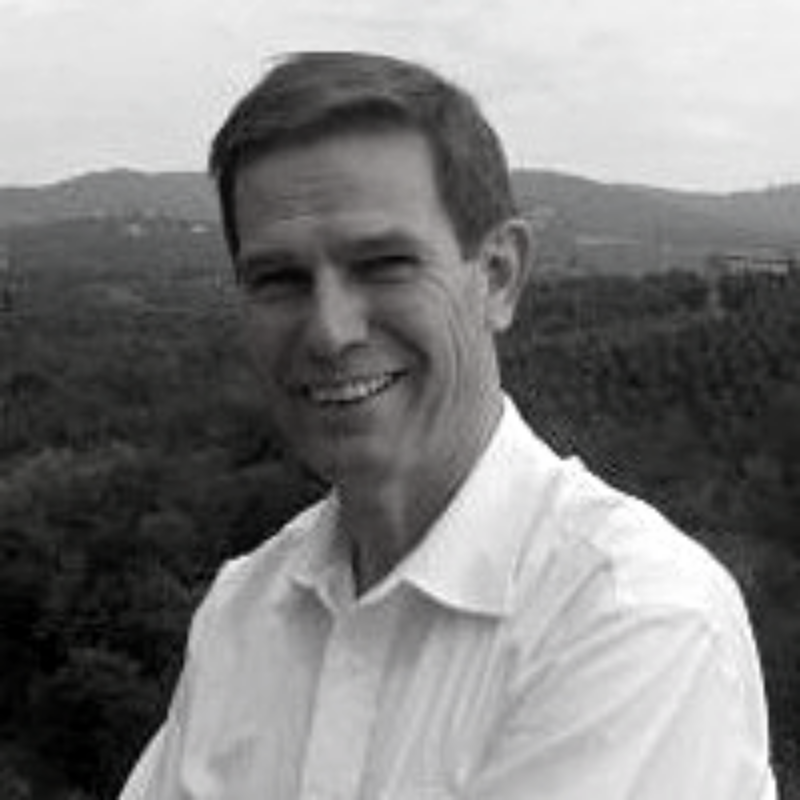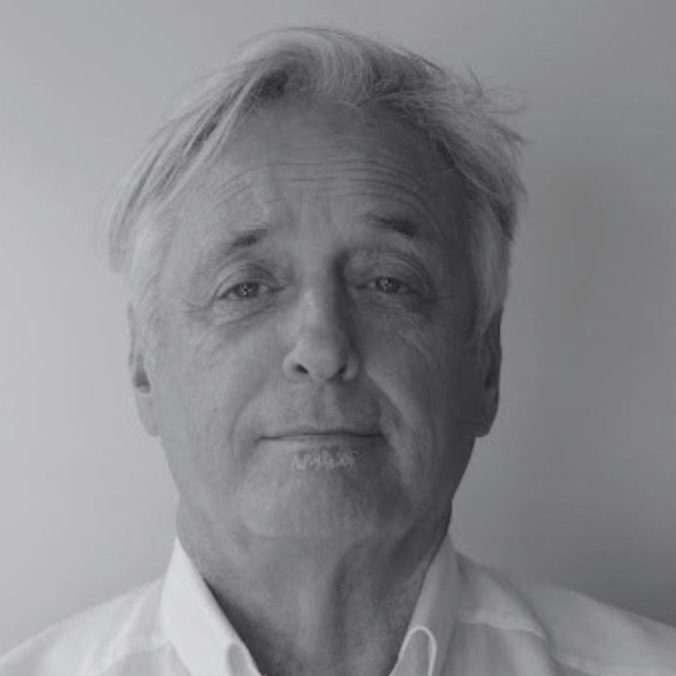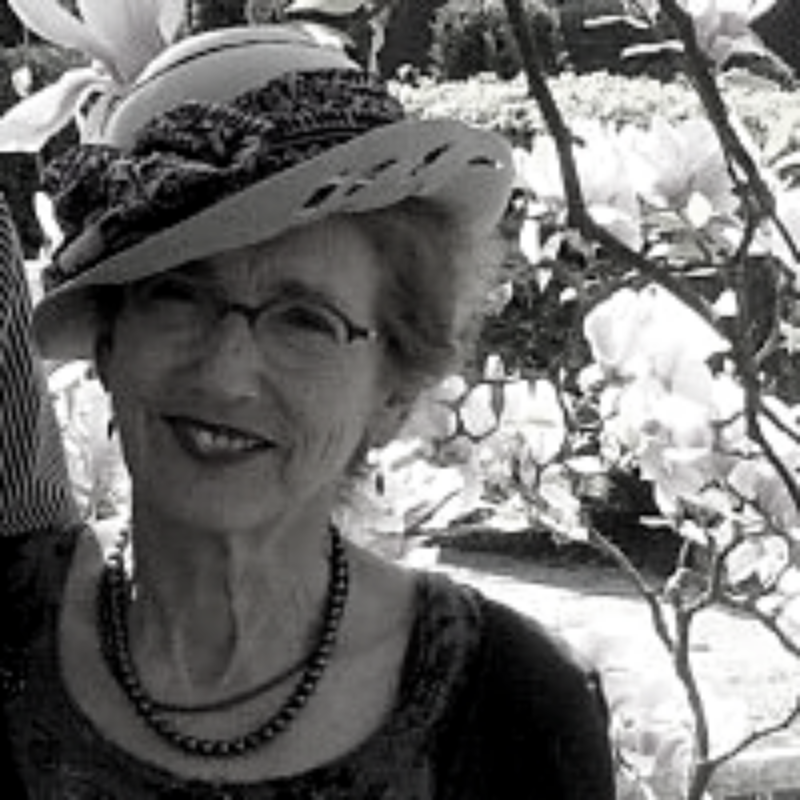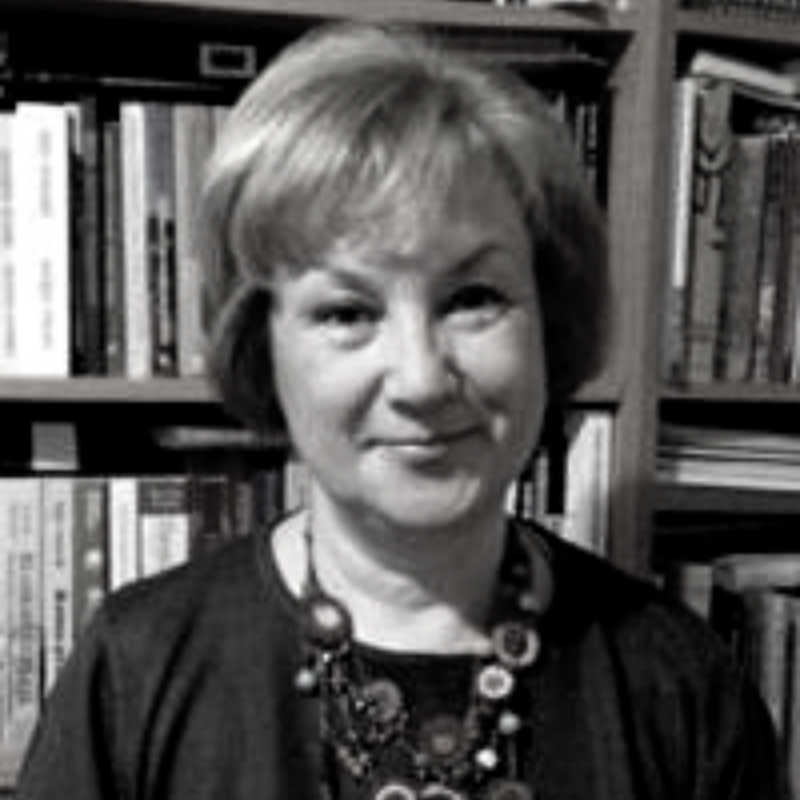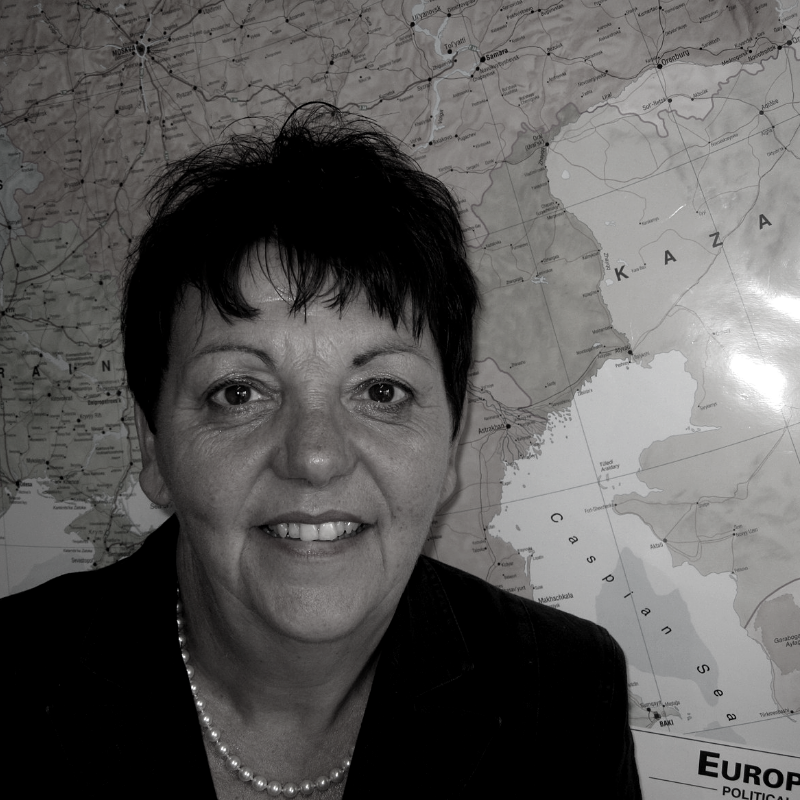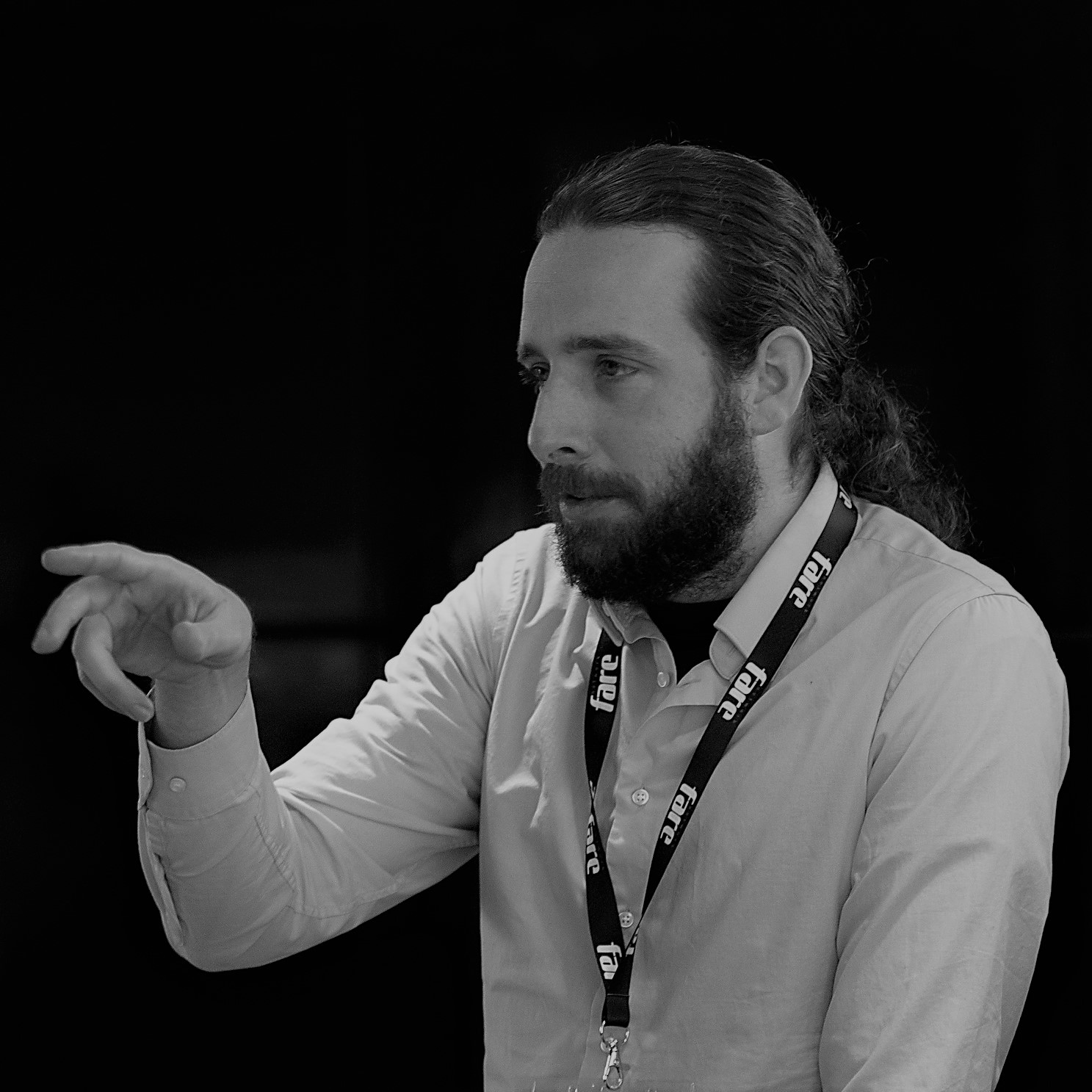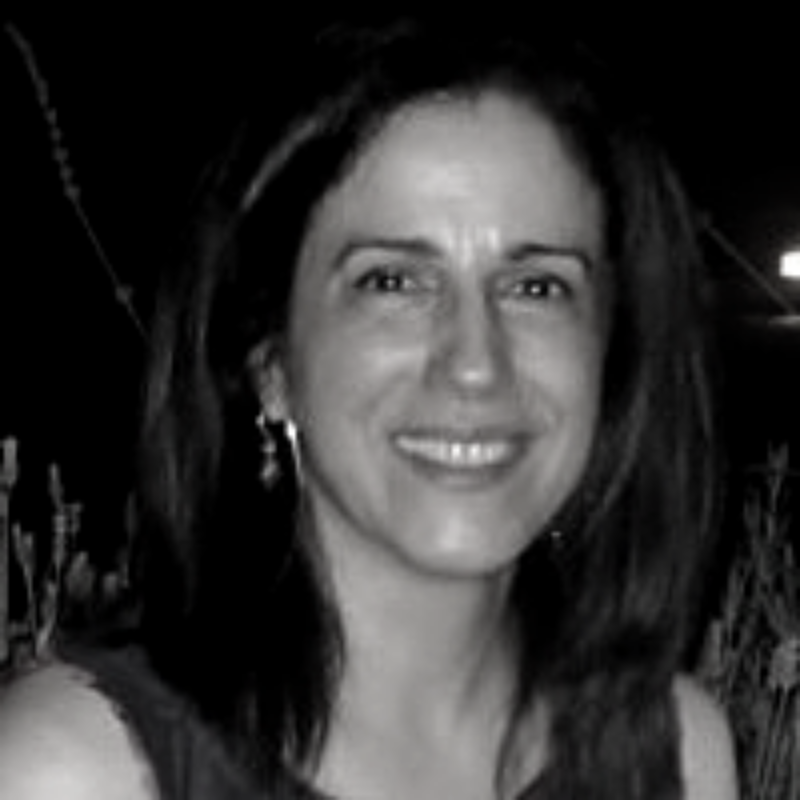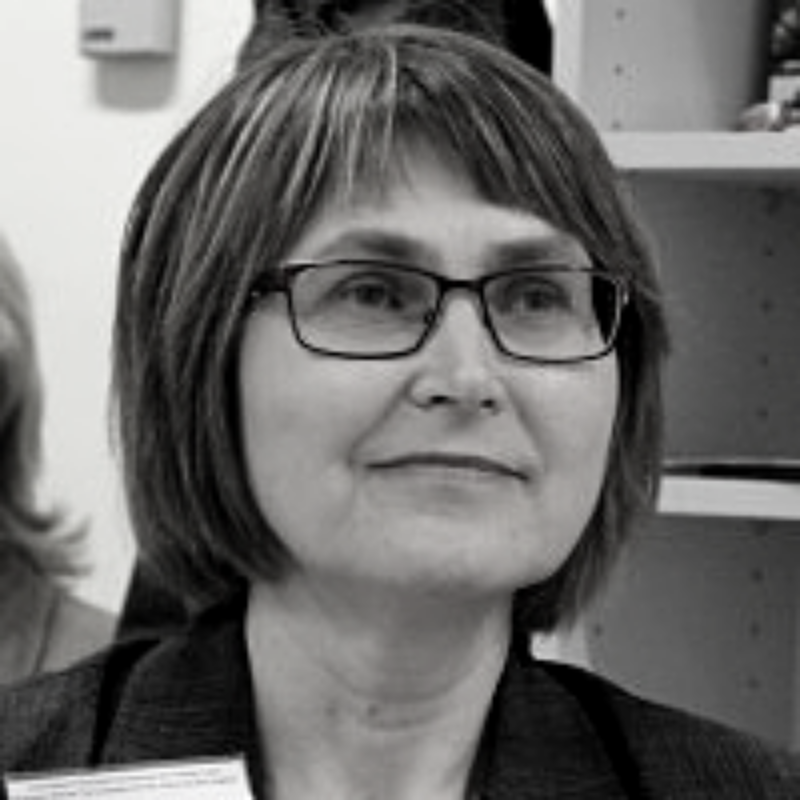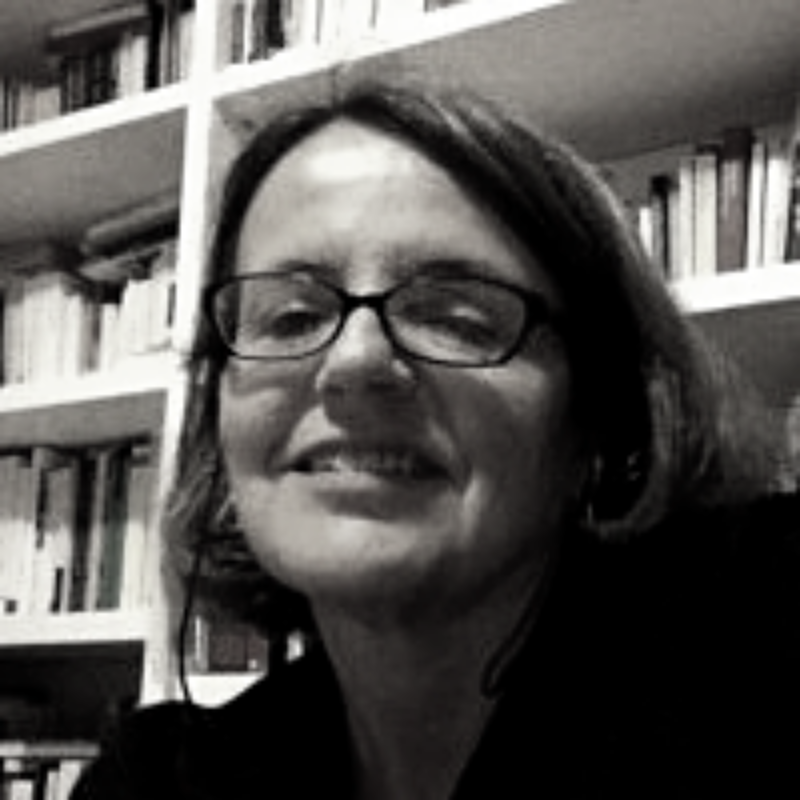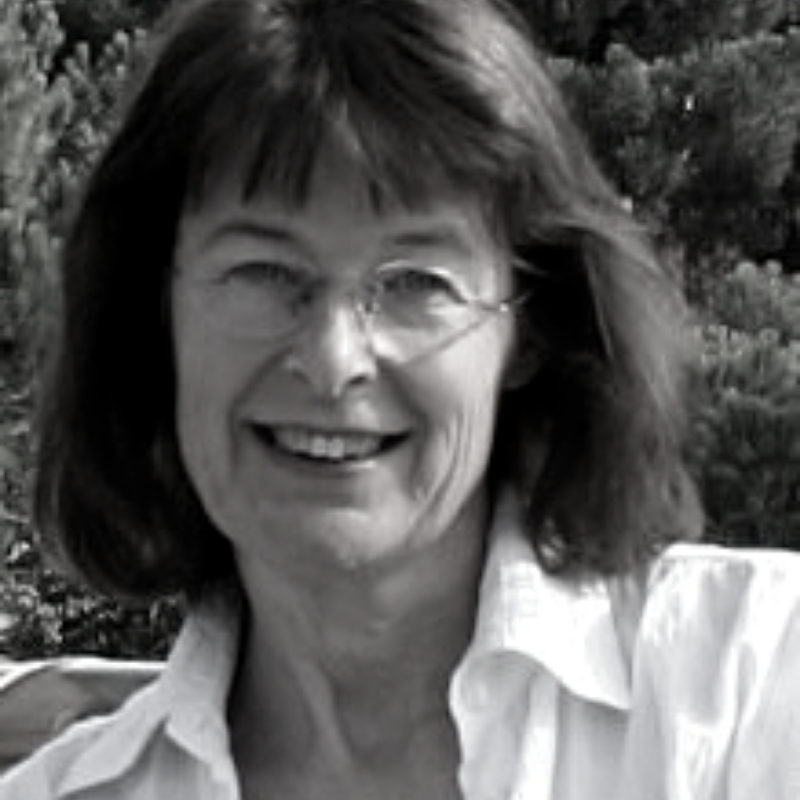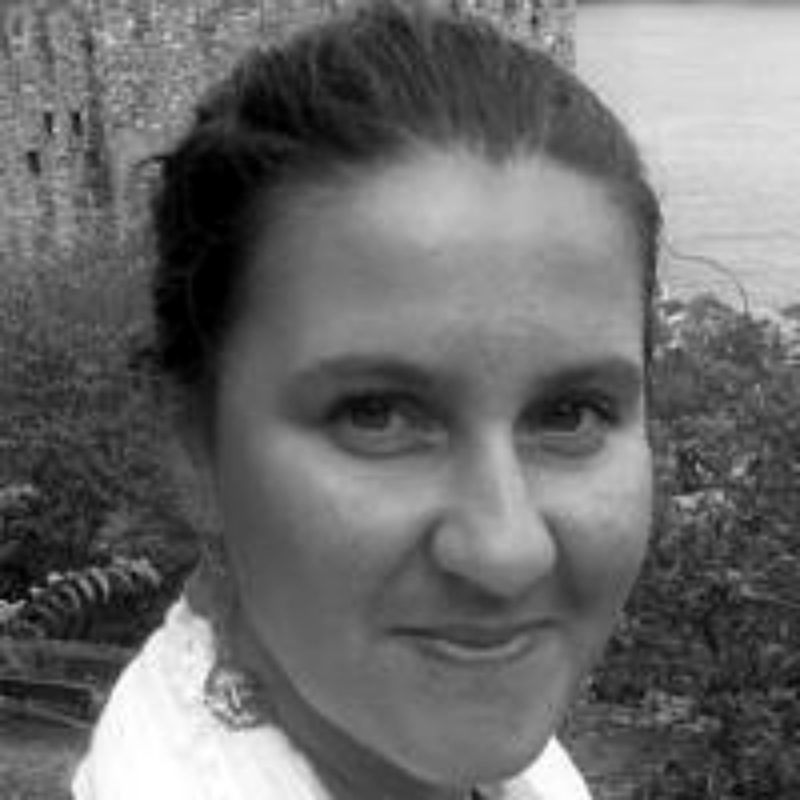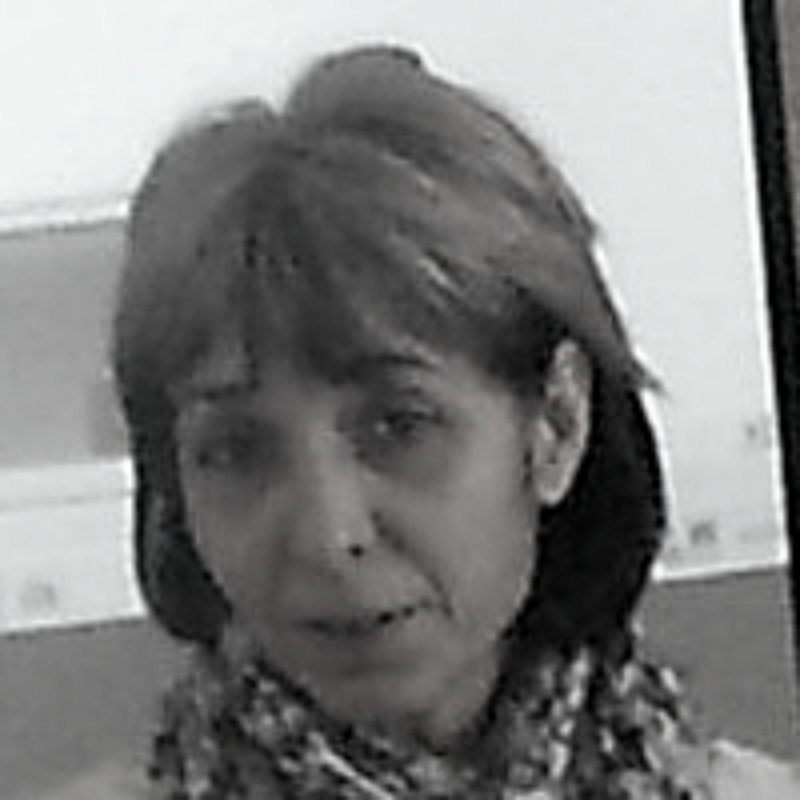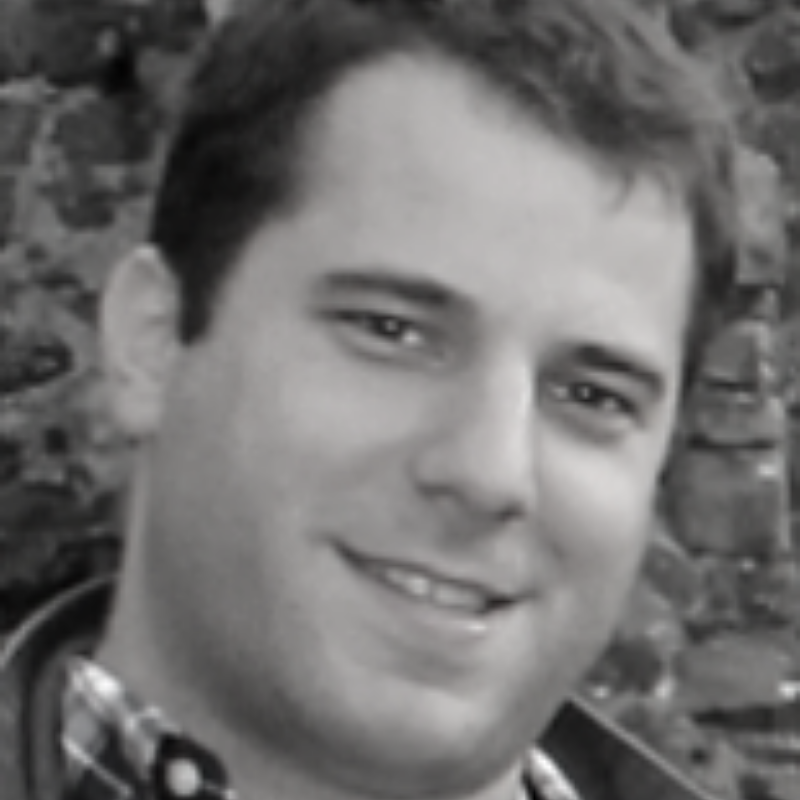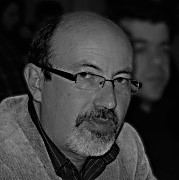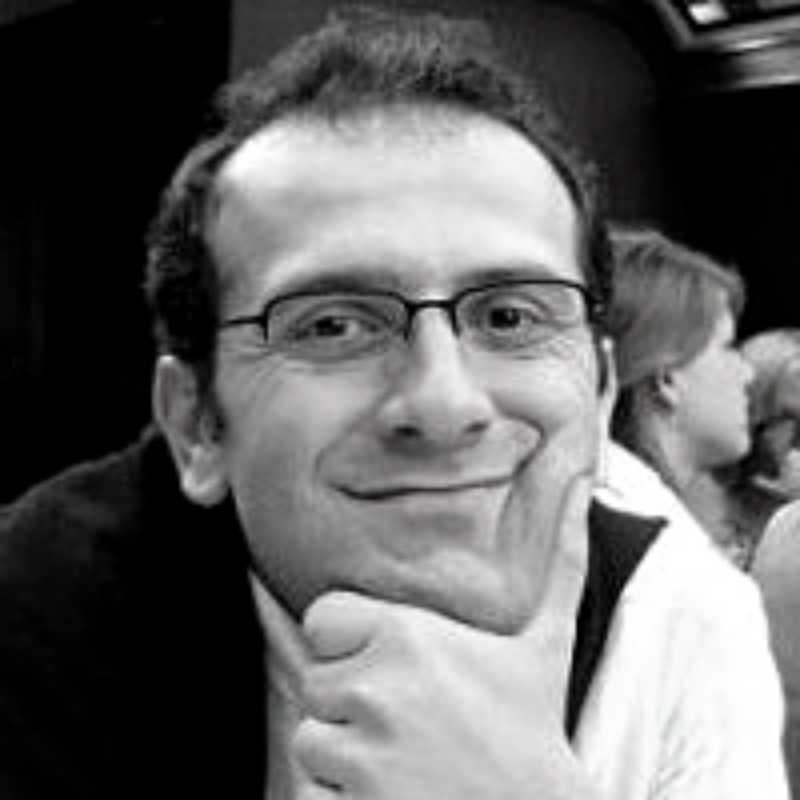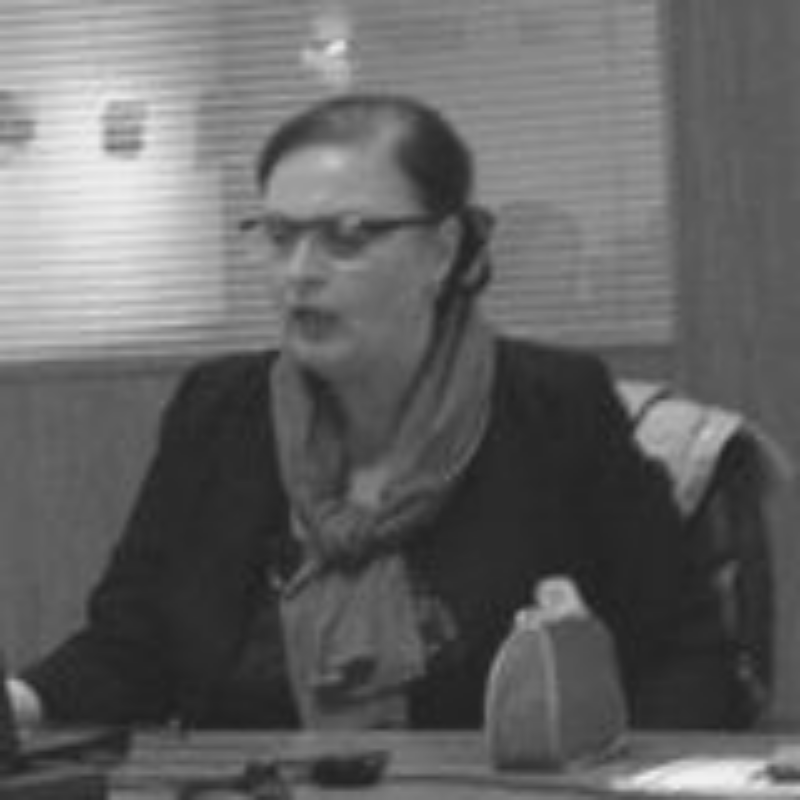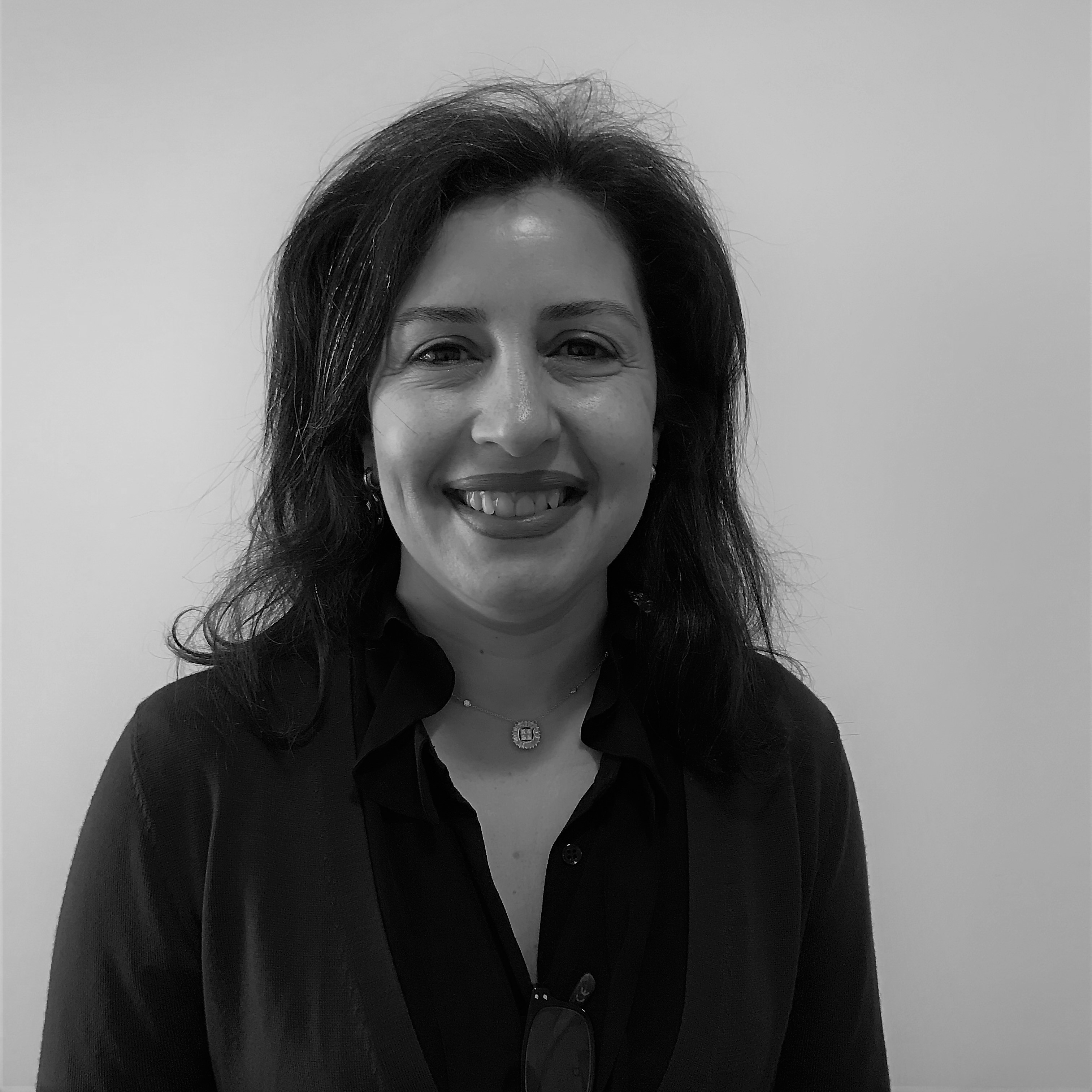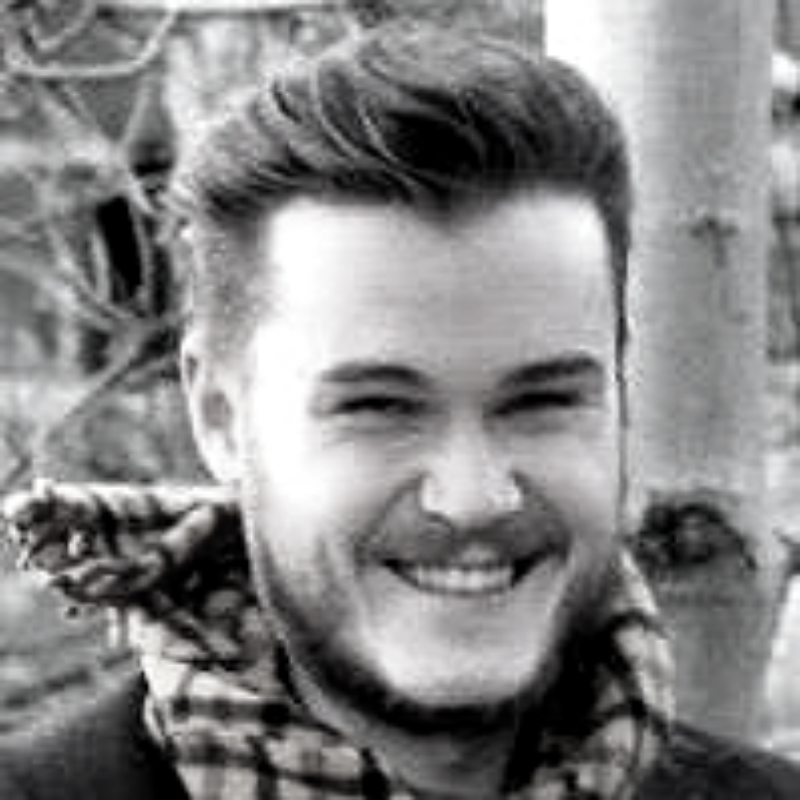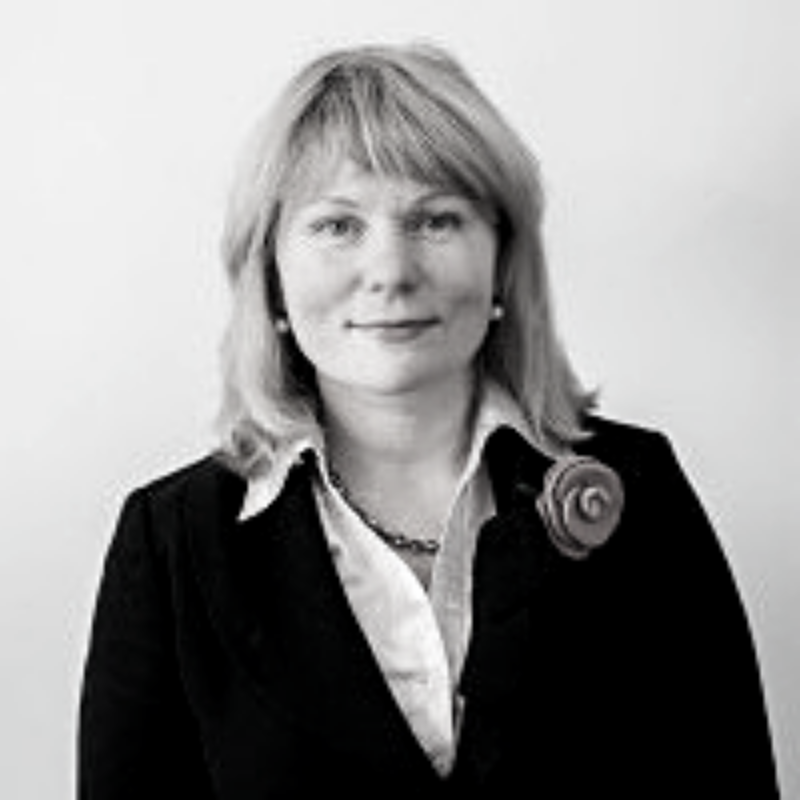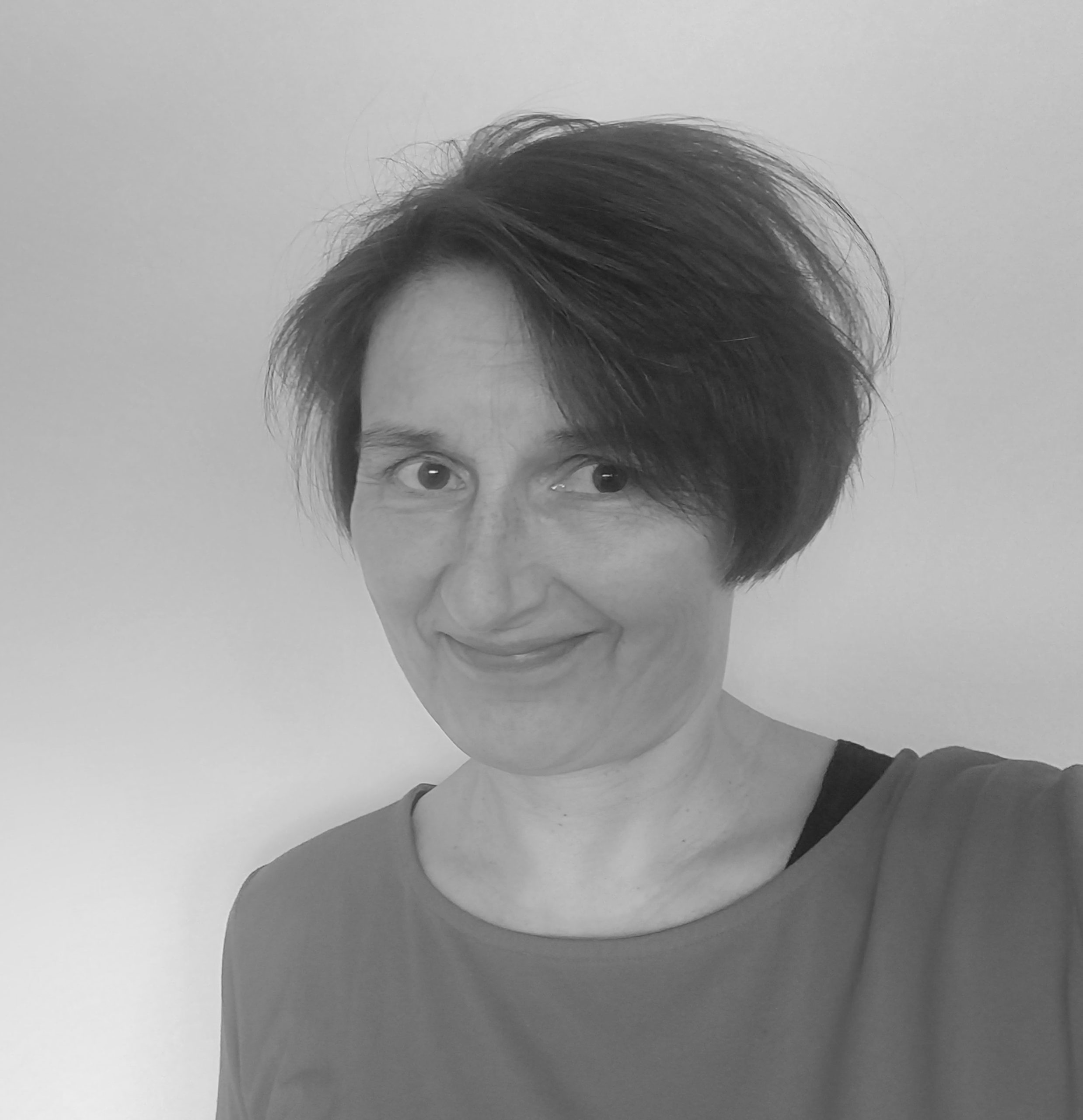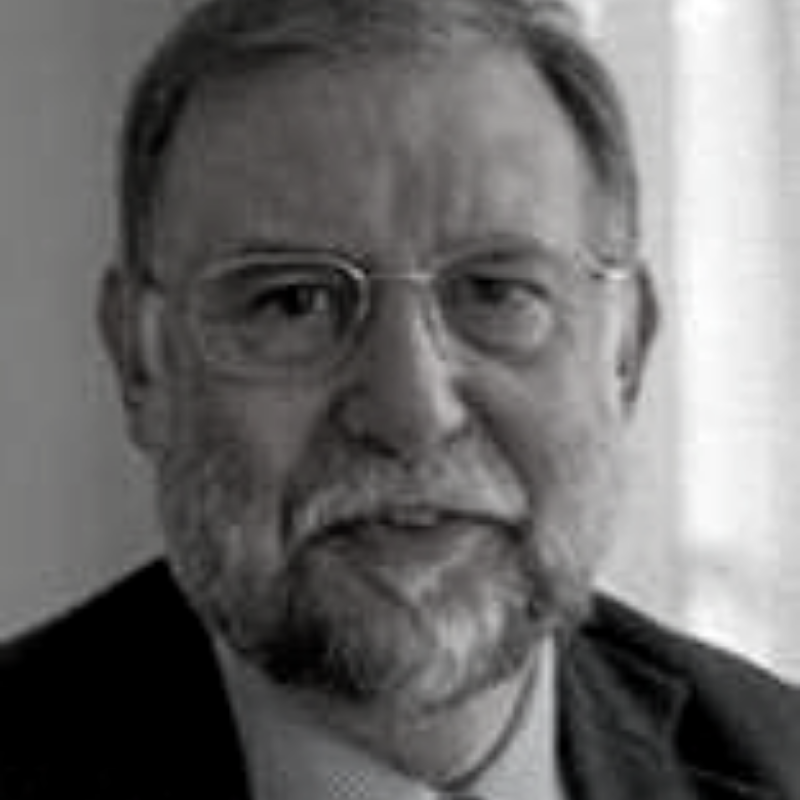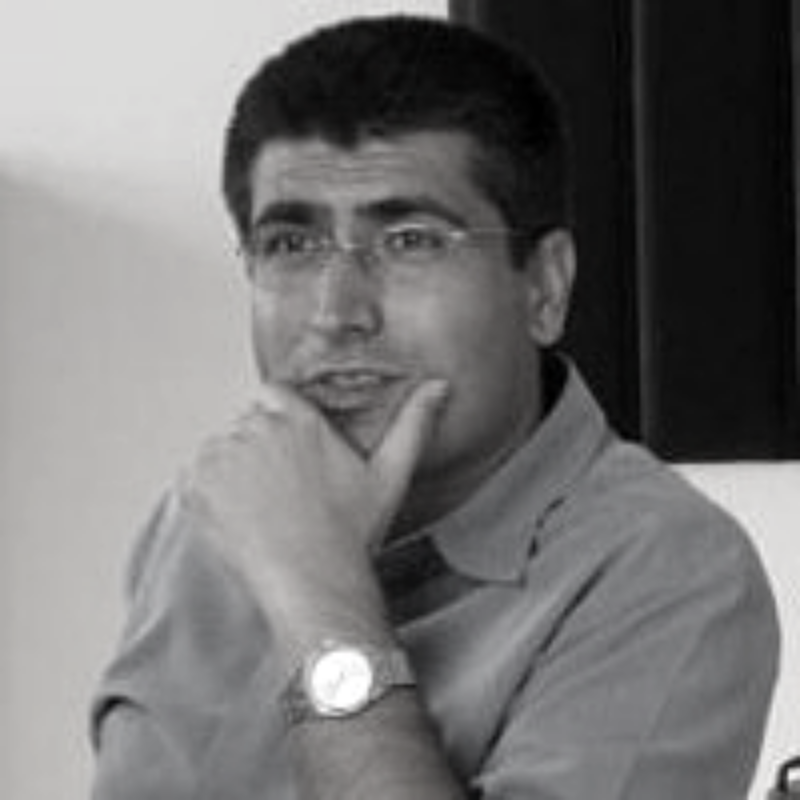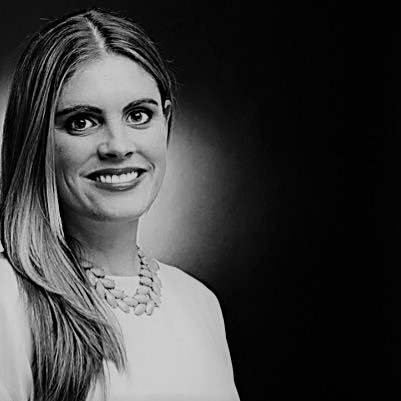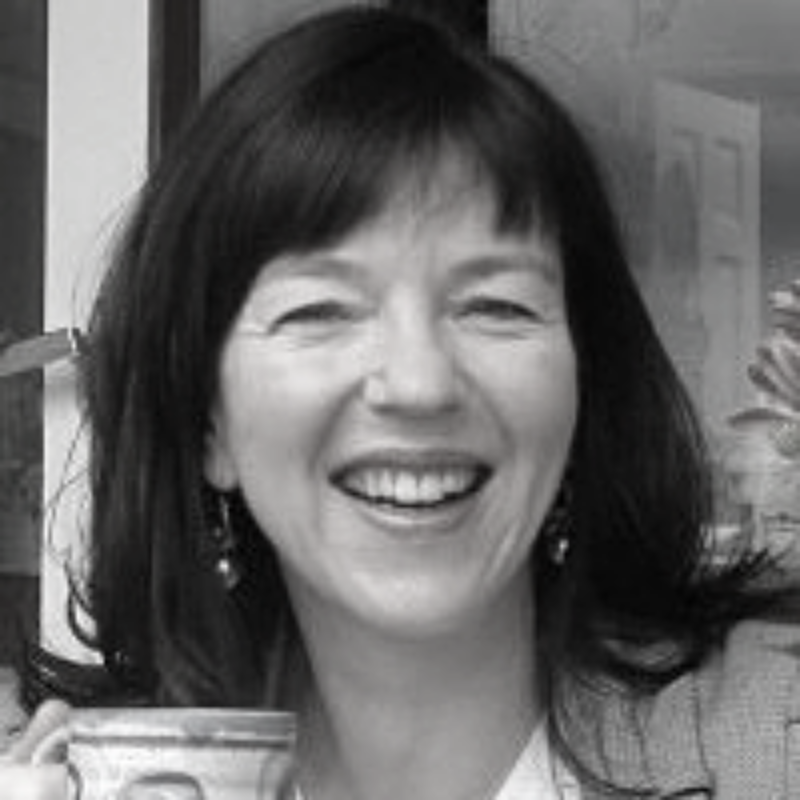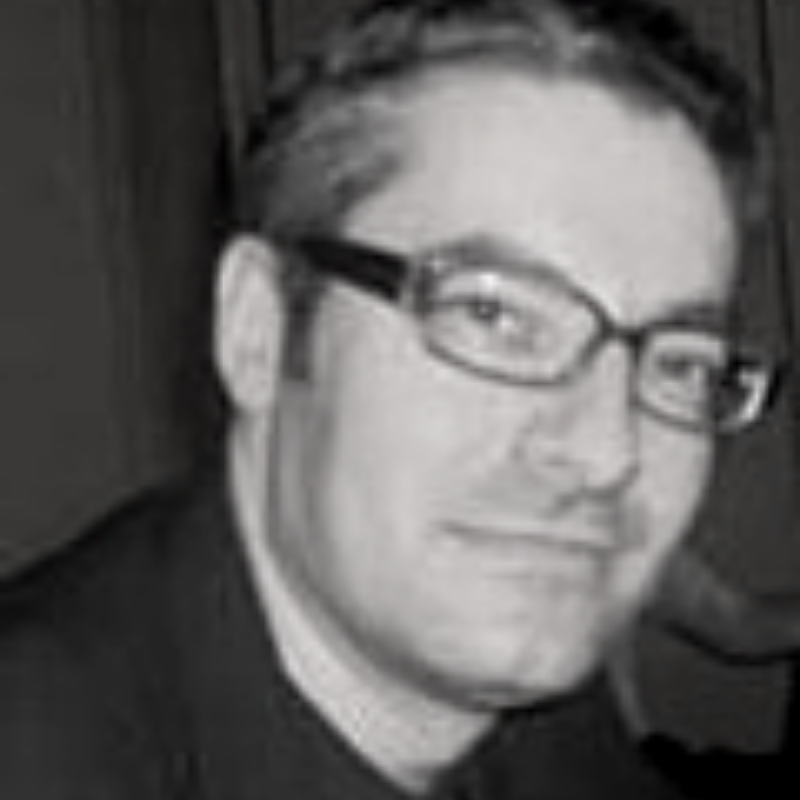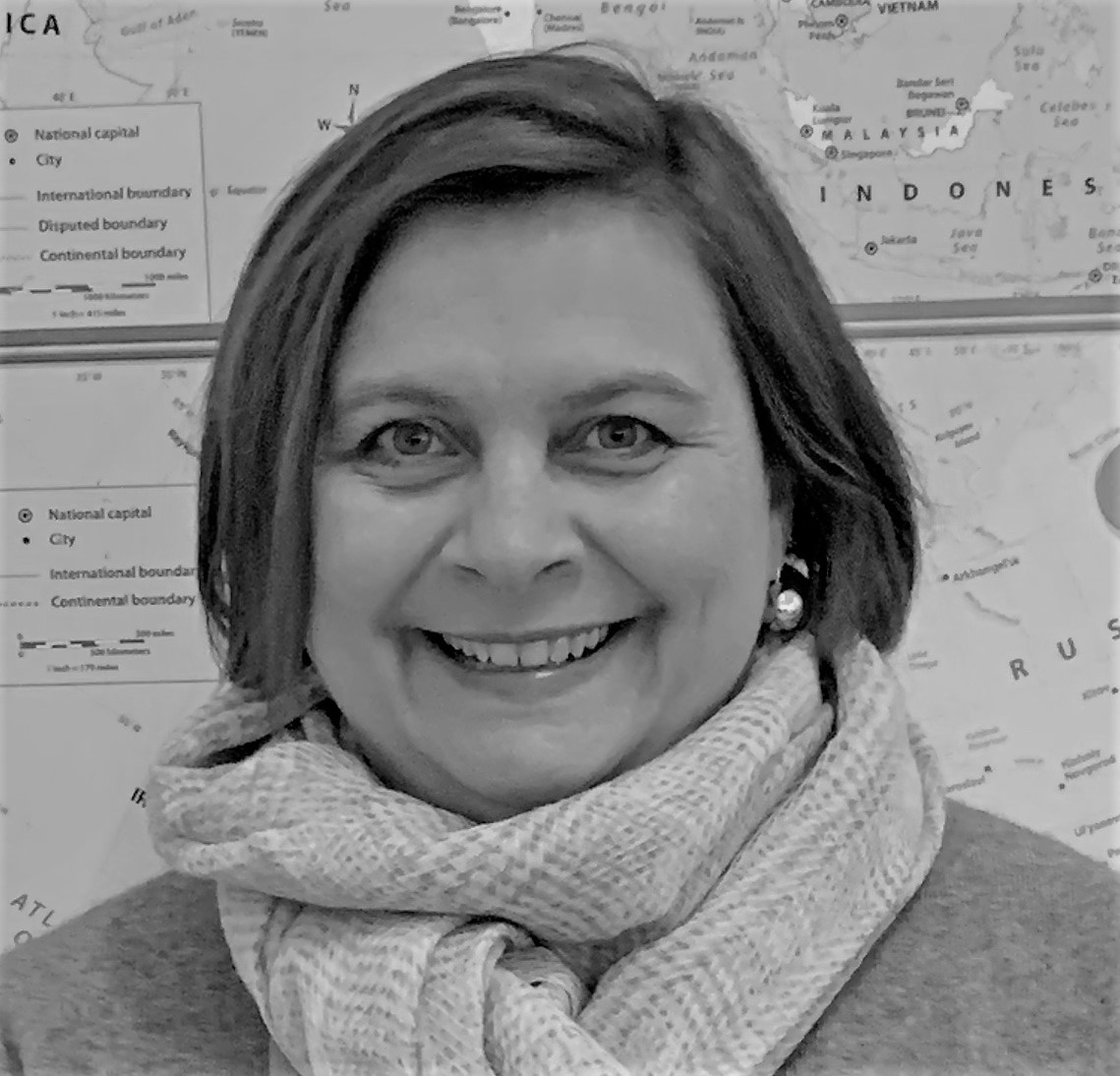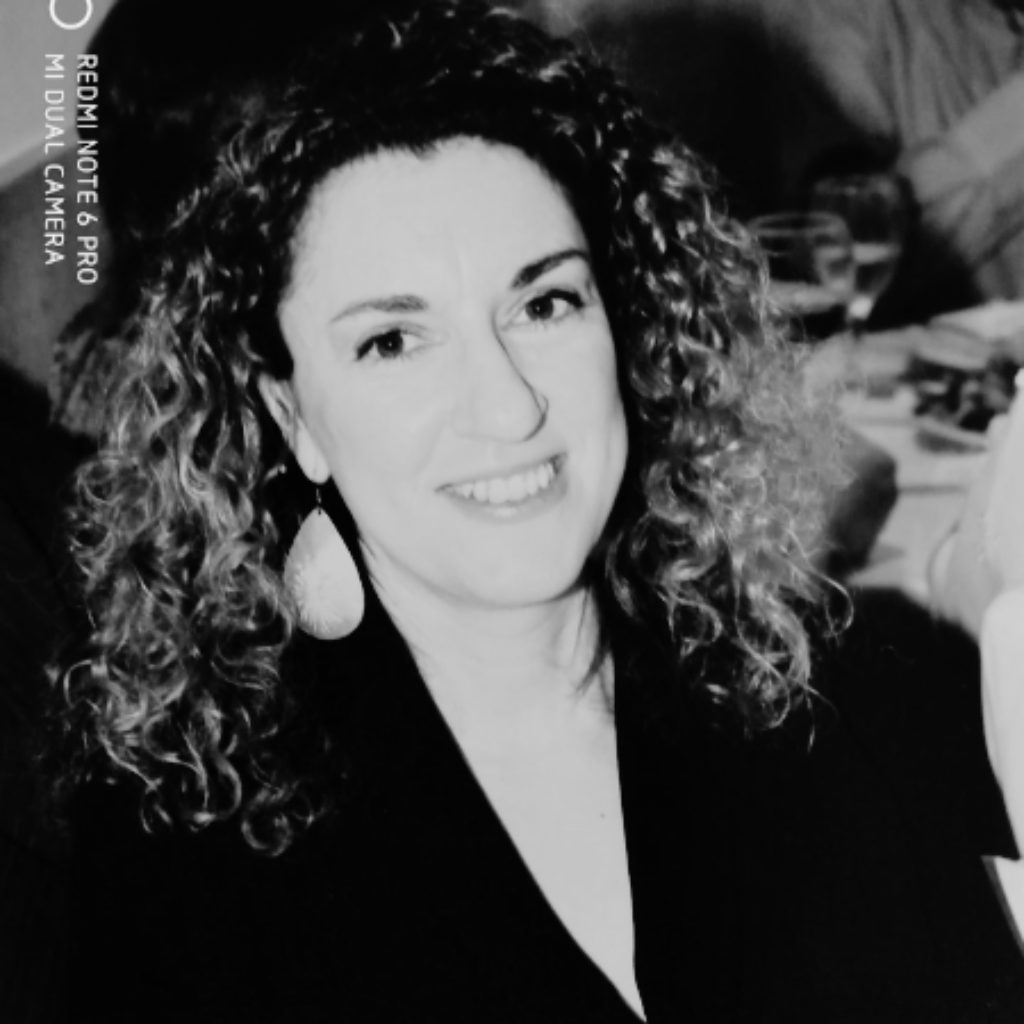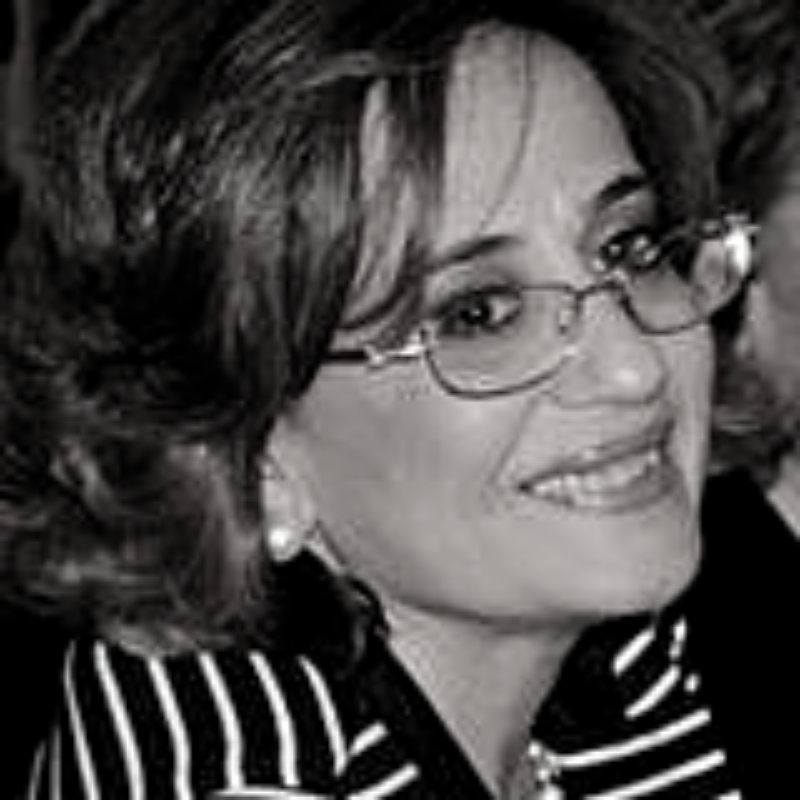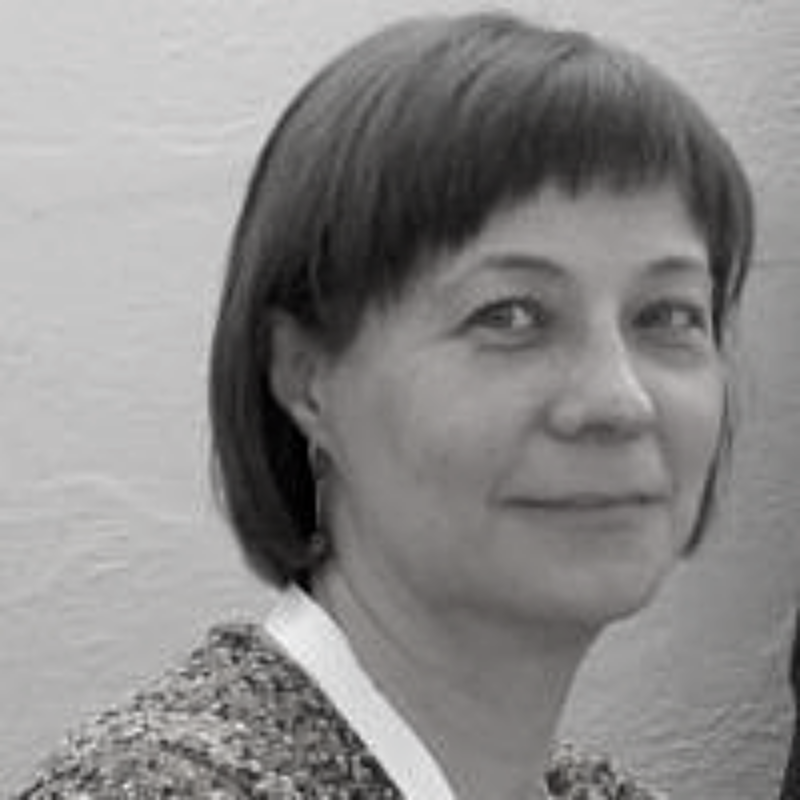Who are the Ambassadors?
Ambassadors are people who over a longer period of time have worked with EuroClio in a professional or volunteer capacity and are strong supporters of our mission.
What is the role of the Ambassadors?
- They provide the board and the Secretariat with advice (for example to give feedback on the Manifesto or other policy documents).
- They share information from EuroClio with their network and vice-versa (for example when there are opportunities offered by EuroClio or when there are interesting projects or relevant developments for EuroClio happening in the network of the Ambassador).
- They represent EuroClio during key events on national and international level (for example in steering committee meetings, working groups or during policy consultations).
How are Ambassadors selected?
The Ambassadors are invited by the EuroClio Board. Decisions are made during board meetings. Staff and board members can recommend new Ambassadors.
The selection is made on the following criteria:
- Active promotion of the EuroClio mission during a longer period of time.
- Active involvement in EuroClio work as a board member, project manager, peer expert, staff member of the secretariat or other.
- Active promotion of the EuroClio Principles in the National Member association and in History teaching in their own country.
- Active follower of the 2020 Mission current debates and Programmes within EuroClio, the lobby priorities or other.
- Be passionate about History, Heritage or Citizenship Education.
 About
AboutAnne Kjersti Jacobsen
Anne Kjersti Jacobsen
Anne Kjersti Jacobsen graduated from the University of Oslo in 1993, holding an MA in History. She has worked as a teacher in History, Norwegian, Social Science and Music at Ramstad lower secondary school outside Oslo from 1998 until 2016. Before that, she worked as an editor making textbooks in History and Music for upper secondary schools in Gyldendal Norsk Forlag (Gyldendal Publishing House). In 2014 she started on a master programme in Educational Leadership at the University of Oslo, and from January 2017 she held a position as Department manager at the Hauger lower secondary school. Between 2000 and 2016 Anne Kjersti Jacobsen was a board member of the Norwegian Historical Association (HIFO). Within this Association she is one of the organisers of the Norwegian History Competition “My Family in History”. She has also organised several in-service training courses on national and Scandinavian level. She has contributed to textbooks in History. Anne Kjersti Jacobsen has supported EuroClio for many years, and strongly believes in the important role of EuroClio in promoting history education which emphasizes critical thinking, multiperspectivity, working with historical sources and international dialogue. She has participated in several annual conferences and has also moderated workshops. For a period, she was also a member of EuroClio’s Audit Committee. About
AboutArbër Salihu
Arbër Salihu
Arbër Salihu was born in 1972 in Podujeva, Kosovo. He graduated in history from the University of Prishtina in 1997. In 2008, he finished his Master studies at the same university. He is preparing his PhD dissertation in the field of the contemporary history of Kosovo. He worked as a history teacher from 1997 until 2000 and has, from 2000, been working as a curriculum developer. Arbër Salihu is also an expert in history and history education, a textbook author, lecturer, and teacher trainer. He participated in many workshops and seminars, conferences and other activities in Kosovo and other countries. Finally, he is an active member and one of the founders of the History Teachers’ Association of Kosovo. About
AboutAysel Gojayeva
Aysel Gojayeva
Aysel Gojayeva graduated from the University of Leiden in the Netherlands, holding MA in European Union Studies. She completed her bachelor degree in the methodology of teaching foreign languages, mainly English and French at University of Languages in Azerbaijan. Between 2011-2017 she worked for EuroClio Secretariat. As a Project Manager, she has been involved in planning and managing EuroClio’s International training and professional development courses including Annual Conferences, and managing multifaceted and thematically diverse projects on history or citizenship education. Her projects mainly addressed capacity building and training of educators, and development of innovative educational resources. The geographical scope of projects and initiatives she was involved covered Europe, South Caucasus, and Central Asia. Since June 2017 Aysel is working for IEA Hamburg – International Association for the Evaluation of Educational Achievement and supports 2 units namely International and Research and Analysis units. Her field of interest lies in the role of educational development in social transformation which she finds a lot of parallels with in the work she has been doing at EuroClio and currently at IEA. About
AboutBarnabás Vajda
Barnabás Vajda
Barnabás Vajda’s two major fields of research interest are post-1945 history (including the Cold War, and Radio Free Europe) and history didactics (among which history schoolbook research, and the quality of history schoolbooks). Since 2005 he has been a lecturer at the History Department of the University of J. Selye (Komárno, Slovakia). He is an author of five monographs, and an editor of three more books, most of them dealing with international relations and the history of Eastern Europe during the Cold War. He is also an author of Introduction to the history didactics and methodology of history teaching. He has been a member of the International Society for History Didactics since 2006. He speaks Hungarian, Slovak and English. Barnabás Vajda’s professional website can be accessed at http://barna.webnode.hu/ About
AboutBenny Christensen
Benny Christensen
Benny Christensen graduated from the University of Copenhagen in 1974, holding a BA in English and an MA in History. He was senior teacher at Fyns HF-kursus (an upper secondary school/gymnasium) in Odense, Denmark until 2009, and is now an independent consultant on history education. Benny Christensen served as a board member of the Danish History Teachers’ Association from 1997 to 2003 and was chairman of the International Committee from 1999 to 2003. He was project manager and expert in the project “Towards a New History”, that took place in Serbia and Montenegro from 2001 to 2003, funded by The Ministry of Foreign Affairs of Denmark. He has participated as an expert in a number of international activities, funded by for instance the Council of Europe and the Open Society Foundation. Benny Christensen has supported EuroClio actively since its first years of existence, and he is a firm believer in the important role EUROLIO plays in promoting quality history education and intercultural dialogue. He has taken part in a number of annual conferences, also moderating workshops, and has acted as an EuroClio expert on many occasions. The most prominent ones have been the EuroClio project “History in Action-Planning for the Future. Regional Approaches for the Learning and Teaching of History in Bosnia, Croatia and Serbia” (2005-2008), and the Historiana theme “People on the Move” (2009-2011). Benny Christensen is a member of the Historiana Learning Group, and currently works for the Council of Europe as an independent expert in the intergovernmental project “Educating for Diversity and Democracy: Teaching History in Contemporary Europe.” About
AboutBesnik Emini
Besnik Emini
Besnik Emini was born in Tetovo, Republic of Macedonia. He graduated history in 2002 in the Department of History in Philosophic Faculty in Skopje. In 2009 he finished master studies and in 2015 he finished PhD studies on the same university focused on Balkan history in XIX century and early XX century. He has been working as a teacher in elementary and secondary school. He is one of cofounders of History Teachers Association of Macedonia. He has been working with colleagues from Macedonia and other countries in different conferences and workshops on developing new methods of teaching and additional teaching materials on history. Currently he is researcher at the Institute of Cultural and Spiritual Heritage of the Albanians in Skopje. About
AboutBjørn Matsen
Bjørn Matsen
Bjørn Matsen is a teacher of history and geography at an upper secondary school in the Copenhagen area. He is also a textbook writer. For a number of years, Bjørn Matsen was a board member in the Danish History Teachers’ Association, during which period he organised several in-service training courses on national, Scandinavian and European level. He moreover has been an editor of the Danish HTA’s magazine Noter. From the very beginning, he has closely followed EuroClio’s developments, first as a board member and member of the international committee in the Danish HTA and later as a board member of EuroClio. About
AboutBlandine Smilansky
Blandine Smilansky
Blandine Smilansky works as an educator for the House of European History, a museum under the auspices of the European Parliament that has opened in 2017 in Brussels, Belgium. Between 2008 and 2014 she worked for EuroClio, where she has been coordinating cross-border capacity-building projects and events in Central Europe, Cyprus, France, Georgia and Moldova. At EuroClio she also worked on fundraising, advocacy and partnership development. Blandine Smilansky is from France, where she graduated from Sciences Po (Institute of Political Studies, Paris) with a Master in cultural management. She holds a second degree in contemporary history from the University Toulouse-Le Mirail. About
AboutCaroline Morel
Caroline Morel
Caroline MOREL, History and Geography teacher in secondary state schools in Lyon, France since 1999, Caroline MOREL graduated in History from Paris IV University Sorbonne in 1995, after spending a full year in Venice (Italy) thanks to the Erasmus program. Versed in two cultures, French and Italian, she’s been involved in a binational program since 2013, teaching History and Geography in Italian for a double degree program. In 2015, she started her collaboration with the APHG association (association for History and Geography teachers) and joined EuroClio actively with the SCC project published on Historiana.eu. She took part in the organization team of the successful AC2018 Marseille “Mediterranean dialogues” and presented EuroClio's activities and conceptions of history several times - as she has done with her workshops and conferences in Rendez-vous de l’histoire de Blois since 2017. She became an EuroClio ambassador in 2019. She currently lives in Geneva, Switzerland for a gap year. About
AboutChara Makriyianni
Chara Makriyianni
Dr Chara Makriyianni holds a Bachelor in Education (Hons), University of Nottingham; a Master of Arts in History in Education, Institute of Education, University of London; a PhD, Faculty of Education, University of Cambridge. She is a Founding Member of the Association for Historical Dialogue and Research, the Home for Cooperation and the CypRom Association in Cyprus. She served as a EuroClio Board Policy Officer and Council of Europe expert and trainer. She authored museum education programmes, history teaching and learning material. As a Teacher Educator at the Cyprus Pedagogical Institute, Chara coordinated the implementation of the New History Curriculum in primary schools of the Republic of Cyprus. A Fellow of the Cambridge Commonwealth Society and a Scholar of the Cyprus Fulbright Commission, she was shortlisted for the Grinnell College Young Innovator for Social Justice Prize. Currently, a Deputy Head Teacher, she is a EuroClio Ambassador and the Chair of the Scientific Advisory Council of the Observatory on History Teaching in Europe of the Council of Europe. About
AboutChris Rowe
Chris Rowe
Chris Rowe, born in 1941 near Liverpool, studied History in Liverpool, London, Vienna and at Brown University in Providence, Rhode Island from which he received a graduate fellowship. After his studies he worked as a History teacher at both Grammar Schools as well as University. He has been the head of the History Department of Wistantley Sixth Form College for twenty-five years and after his retirement in 2002 Chris Rowe became a History consultant, providing in-service training for History teachers in the UK and Europe-wide. Besides his involvement with EuroClio he also works as an international expert for the Council of Europe History projects. For more than thirty years Chris Rowe has been involved in A-level history examinations and until today works as principal examiner. He is author and co-author of several text books and teaching resources that mainly deal with British, American and 20th century Europe. About
AboutDanute Grinfelde
Danute Grinfelde
Danute Grinfelde holds a MA in History from the University of Latvia, in 2004, and has worked as a teacher of history and social studies, museum educator, and teacher trainer. Currently she is a project manager at the Learning Programme of Iespejama Misija (the Latvian branch of Teach First). Danute Grinfelde is an active member of Latvian History Teachers’ Association where she coordinates students’ history research competition “History around us” and leads a working group on national history competition for elementary school. She has participated in several regional and international projects of EuroClio. About
AboutDean Smart
Dean Smart
Dean Smart is a teacher trainer at the University of the West of England in Bristol, UK. He works with postgraduates training to teach History to 11-18+ year-olds. His doctorate (2006) relates to the visual representation of ethnic minorities in English History textbooks, and ethnic diversity and multicultural education are amongst his key interests. His publications relate to support for teachers, classroom practice and materials, and he has written for a range of websites including the QCA (English Qualifications and Curriculum Authority), British Library, the BBC and England’s Past for Everyone. He is secretary of HTEN (the UK’s History Teacher Education Network) and a member of the editorial board of the International Journal of History Learning, Teaching and Research. He has worked with EuroClio projects as an advisor in the Russian Federation and the Republic of Macedonia. About
AboutDenis Detling
Denis Detling
Denis Detling graduated in History and German Language and Literature from the Faculty of Pedagogy, University of J.J. Strossmayer in Osijek, Croatia. From 2002 he worked as history teacher in Grammar School in Osijek. Since 2008 he has been employed at the Museum of Slavonia Osijek where he first worked as museum educator and currently holds the post of director. He has authored and co-authored numerous educational publication in the field of history and cultural history and participated in several projects by EuroClio. About
AboutDonika Xhemajli
Donika Xhemajli
Donika Xhemajli was born in Prishtina, Kosovo in 1970. She finished primary and secondary school in Prishtina and finished her studies in 1992. She has been working as a History teacher since 1999 in the lower secondary school “Faik Konica” in Prishtina. During her work she took part in several seminars and conferences about the new method of teaching and learning history, which took place in Kosovo and throughout Europe. She also published several papers about these topics. In 2008, she took the initiative for forming the History Teachers’ Association of Kosovo. About
AboutDzintra Liepina
Dzintra Liepina
Dzintra Liepina is a representative of the History Teachers Association of Latvia, and a teacher of History and Social Sciences. She holds a Master’s degree in Education. Currently, she teaches History and Political Science at the Natalya Draudzina Gymnasium in Riga. She also acts as a teacher trainer and is the author of several publications, teacher guides and teaching aids. Dzintra Liepina has been involved in several projects of EuroClio as a local coordinator and expert, is a former Board member of EuroClio. From 2006 to 2007 she was a chair of the HTA of Latvia. About
AboutEdin Radušić
Edin Radušić
Dr. Edin Radušić is associate professor at the History Department, Faculty of Philosophy, University of Sarajevo. He is also President of the Association of history lecturers of Bosnia and Herzegovina (Euroclio HIP), a member of the Committee for Historical Sciences of the Academy of Sciences and Arts of Bosnia and Herzegovina. He graduated in history at the Faculty of Philosophy, University of Sarajevo (1999), received his Master of Arts degree at the University of Athens in 2000 (in Southeast European Studies), and his Master of Science degree at the University of Sarajevo in 2004 (in History of Bosnia in 19th and 20th century). He defended his PhD thesis at the University of Sarajevo in 2008. Edin Radušić has been employed at the University of Sarajevo since 1999, first as an assistant and senior assistant, since 2009 as an assistant professor, and since 2014 as an associate professor. His scientific interests concern the history of Bosnia and Herzegovina in 19th and 20th centuries in wider European context, with a particular emphasis on diplomatic and social history. He is the author of one book (Bosnia and Herzegovina in British policy from 1857 to 1878, Institute for History, Sarajevo 2013, 422 pp.), a large number of scientific papers and a co-author of one monograph, two textbooks and two manuals for primary schools. He participated in numerous scientific conferences at home and abroad. He has taken part in several Bosnian and international projects. About
AboutEdin Veladzic
Edin Veladzic
Edin Veladzic graduated from the Department of History, Faculty of Philosophy at Sarajevo University in 2000 and worked as a history teacher for two years after that. In the period 2003 to 2007 he worked at the History Institute in Sarajevo as an expert associate for modern history of the 19th and 20th century. He received the Master of Science title for the Austrian period in B&H history in 2007 and a Ph.D. in Social Science at the Faculty of Political Science, University in Sarajevo, in 2016. He attended several advanced trainings abroad. He is co-author of a history textbook and a book of supplementary material in history for the second grade of Gymnasium. He has also written a number of scholarly and policy papers. Moreover, Edin Veladzic is one of the founders and the first president of the Association of History Teachers in B&H – EuroClio-HIP BiH. He was an active participant and an organiser of a number of scientific seminaries and conferences in the country and abroad. He is currently engaged at the Ministry of Civil Affairs of B&H as an expert on European integration and international culture cooperation. About
AboutElise Storck
Elise Storck
Elise Storck received her doctorate in History from the University of Leiden. She has almost 30 years’ experience as a history teacher at various secondary schools and is currently a teacher trainer for secondary education at ICLON, Leiden University, where she specialises in teaching and learning history. Additionally, Elise was Chair of the governmental committee on national history exams from 2005 to 2016. Between 2000 and 2014, Elise was an Advisor to EuroClio and at the 2019 EuroClio Annual Conference in Gdansk, she was part of the panel in the opening session and also held a workshop titled ‘young track seekers: oral history on migration.‘ About
AboutEmina Zivkovic
Emina Zivkovic
Emina Zivkovic, was born on 13.03.1970. Education: Faculty of Philosophy, Belgrade, History Department. Professional career: 2000 to present: History teacher, Elementary school “Djura Jaksic”, Belgrade; 2001 to present: Teacher trainer in the project of CDRSEE “Teaching history in Southeastern Europe”; 2004-2008: Coordinator of Serbian team in regional Euroclio project “History in Action”; 2010: Teacher trainer in the project of CDRSEE “Teaching history in Southeastern Europe”, second edition of the material; 2011: Member of the team, formed by the Ministry of Education, for implementing new standards for history teaching – teacher trainer; 2011: Member of the team formed to create final exam for history, level six grade, based on new standards – pilot program; 2012: Member of national team for preparing final national exam-final national testing /part of history at the end of elementary school level; 2010-2012: Coordinator of Serbian team and workshop author in Euroclio project “History that Connects”; 2013: Serbian team member in editorial team for the additional teaching material Euroclio project “History that Connects”; 2016: National coordinator on the e-PACT project. Finally, an active member and one of the founders of the History Teachers Association of Serbia UDI-Euroclio. About
AboutErwin Capitain
Erwin Capitain
Erwin Capitain (the Netherlands) studied Business Economics and has made his career in the financial industry. Until 2008 he was partner at Deloitte, one of the Big Four Auditing Firms. Nowadays he runs his own advisory practice, focusing on governance and strategic issues for mid-sized companies and institutes. He serves at several governance bodies of pension funds. Also he is supervisory board member at a hospital, a home-care institute and a housing cooperative. Lastly, he is Business Economics lector at the Free University. Erwin, an outsider in History teaching, joined the Board in 2010 for his financial expertise and his experience in supervisory boards. He takes part in the Finances and Governance Workgroup, in which the executive director, the treasurer and representatives of the staff monitor finance related management issues. About
AboutEyal Naveh
Eyal Naveh
Prof. Eyal Naveh is a full professor of History and History Education. Since 2012 he is the chairperson of the history department at Tel Aviv University, and since 2014 the head of the academic council at Kibbutzim College of Education. Beside his academic books and articles, Naveh wrote seven History textbooks for the Israeli national education system and served as an advisor on writing History textbooks for Arab students who citizens of Israel. As a member of the Salzburg Global Seminar project, Naveh is involved in efforts to promote historical justice and reconciliation. He served as a member of the academic council of Massuah, school for Holocaust studies. Between 2001 and 2012, Naveh directed a team of Israeli History teachers engaged in writing a textbook, in conjunction with Palestinian History teachers, that presents both narratives alongside one another. The project had been conducted by PRIME, an NGO co-chaired by him and Prof. Sami Adwan. Prof. Naveh has been a visiting professor at Venice International University, the University of Toronto, UC Berkeley, and Cornell University. He earned his BA and MA degrees in History (both summa cum laude) from Tel Aviv University, and completed his Ph.D under a Fulbright scholarship at the History Department of UC Berkeley. About
AboutFatmiroshe Xhemalaj (Shehaj)
Fatmiroshe Xhemalaj (Shehaj)
Fatmiroshe Xhemalaj (Shehaj) is an expert on history and EuroClio (Paneuropean HTA) Ambassador. She is one of the founders of the HTA (ALBNA) and ex President of HTA. She was the Secretary of Scientific Commission of History and Geography for the approval of history and geography textbooks in the MOE-ALBANIA, during 1998-2005 and the Secretary of History Commission to review the history textbooks in Albania and Greece. Moreover, she has participated in several conferences and seminars organized by Ministry of Education and Sport and international institutions like EuroClio, Council of Europe, Centre for Democracy and Reconciliation in SEE, George Eckert Institute for history Textbooks, University of Vienna for the issues of history teaching. She has been Albania’s national co-coordinator in the EuroClio project “Understanding the shared past learning for the future”, also co-author for the book “Understanding the shared past learning for the future”. She has worked as a pedagogue in master level for future history teachers. Finally, she is the author and co-author of several history textbooks and articles. She has a University Degree in History, Faculty of History and Philology, University of Tirana (UT) and a two Master’s degree in History and has experience in teaching history and training teachers. About
AboutHanna Toikkanen
Hanna Toikkanen
Hanna Toikkanen graduated from the University of Tampere in 2006 with a Master’s degree in International Relations. After graduation she worked as a project coordinator at the Finnish History Teachers’ Association, where she was responsible for, among other things, organising Finland’s EUSTORY history competition and arranging further training courses for teachers. Since 2011 she has been working full time as a teacher of History and Social Sciences. At the moment she works at Eira High School for Adults in Helsinki. She teaches very different groups, ranging from lower secondary students with (mainly) an immigration background to Finnish upper secondary students. About
AboutHrvoje Klasić
Hrvoje Klasić
Dr Hrvoje Klasić is an assistant professor at the Department of History, Faculty of Humanities and Social Sciences of the University of Zagreb. He was born on in 1972 in Sisak (Croatia) where he completed elementary and high school. In 1997 graduated from the Department of History, Faculty of Social Sciences and Humanities at the University of Zagreb. At the same University he defended his master thesis entitled “Socio – Political changes in Sisak, 1970-1972” and dissertation entitled “1968 in Yugoslavia. Socio – economic changes in international context”. Since 2013 he has been employed as assistant professor at Department of History, Faculty of Humanities and Social Sciences in Zagreb. Hrvoje Klasić holds number of the optional courses related to the world and national history of the 20th century, and holds lectures and seminars in the subject “European and world history since 1945.”. Hrvoje Klasić won the Annual Award of the Association of University Teachers and other Scholars in Zagreb in 2006. That same year he won the Annual Award of Sisak City for the book Croatian Spring in Sisak. He is co-author of the documentary series Croatian Spring, shown on Croatian Television in 2010/2011. His book Jugoslavija i svijet 1968 (Yugoslavia and the World in 1968) was published in 2012. About
AboutHuub Kurstjens
Huub Kurstjens
Huub Kurstjens was a teacher of History and Geography for almost twenty years at different schools for secondary education. After that, he started in 1993 at Cito, a Dutch testing and assessment company, as an educational assessment expert, with subject specialisation History examination. He is responsible for the school-leaving examinations in History for vocational education in the Netherlands. Within Cito, as a senior consultant, he is in charge of coaching new employees and teachers who start making questions for the central examinations. Besides that, he participates and represents as a consultant for EuroClio and Cito in several international projects. He gave courses and workshops on assessment, testing, oral history, skills and competences in History in a large number of countries, such as England, Scotland, Italy, Japan, Aruba, Curacao, Lithuania, Poland, Hungary, Albania, Bulgaria, Macedonia, Romania, Tatarstan and Slovenia. On behalf of EuroClio and in association with the Dutch Ministry of Foreign Affairs he coached teachers in Albania, Bulgaria, Macedonia and Romania in developing teachers’ guides for History. He was one of the co-organisers of the 2010 annual conference of EuroClio in Nijmegen. In 2011, he was asked as adviser in the field of assessment for EPA (European Parents Association). In November 2011 he was officially appointed as ambassador for EuroClio, to represent EuroClio at international meetings and events. About
AboutHuub Oattes
Huub Oattes
Huub Oattes (1955) was a Board member (Communications Officer, Vice-President) between 2005-2010. His involvement with EuroClio started as early as 1997 through attending and participating in Annual Conferences (in Prague, Bologna, Cardiff, Riga, Malta, Nijmegen, and Erfurt) and participating in teacher training courses (in Doorn, Coleraine, and Oslo). Inspired by the EuroClio meetings he became a protagonist of the international dimension of student education (Comenius Projects, EuroClio cartoon webinars) in both secondary and tertiary education. Huub, now retired, worked as a teacher trainer and lecturer in history education at the Amsterdam University of Applied Sciences. In 2021 het obtained a PhD in researching the role of the history teacher in Dutch bilingual schools. About
AboutIljo Trajkovski
Iljo Trajkovski
Iljo Trajkovski is a History teacher from Macedonia and member of the History Teachers Association of Macedonia. He was born in Bitola in 1963, and studied History at the University St. Cyril and Methodius in Skopje, Macedonia. Over the past twenty years he has worked as a History teacher in the secondary high school Josip Broz Tito in Bitola. The last five years he has also been working part-time in a private high school in Bitola. Since 1999 he has been an active member of EuroClio and took part in several history projects supported and run by EuroClio in Macedonia and the region. During all those years, Iljo Trajkovski has also been a member of the History Teachers Association of Macedonia. About
AboutIneke Veldhuis-Meester
Ineke Veldhuis-Meester
Ineke Veldhuis-Meester stood at the threshold of EuroClio in 1993. From the start she has been part of the Historiana Learning Team, developing innovative and multi-perspective learning activities. Currently she works for the project “Decisions & Dilemmas” on why European cooperation ‘was hot’ after World War II. Her basis is teaching History and Civics in a Dutch secondary school/gymnasium and at the International School in the Netherlands. For 18 years Ineke was responsible for the Pedagogy of History teaching at Groningen University, in initial and in-service teacher training. Throughout her teaching life she has been a trait d’union between the University historians’ world, and the Association of Teachers in History and Civics in the Netherlands (VGN); from 1997-2000 she served in the National Board. Her interest in assessment led to constructing national history exams at the National Institute for Assessment and Measurement (CITO). With ‘a gang of four’ she implemented a new examination system for History in secondary education throughout the Netherlands. From 1991-1999, in publications and workshops, it was a decade of fun and inspiration, with Joke van der Leeuw. After retirement she continues to serve as expert in History Education in Council of Europe and EuroClio projects; her field of interest is multi-perspective History teaching and innovative methodology, the shaping of historical consciousness in collective memory and remembrance today. About
AboutIryna Kostyuk
Iryna Kostyuk
Iryna Kostyuk is a guidance counsellor and teacher’s trainer in Lviv Regional Institute of Post-Graduated Pedagogical Education, Ukraine. She has 25 years of teaching experience as a History and Social Studies teacher and more than 15 years as a teacher trainer. She cooperates with EuroClio from 2001. From 2001 to 2004 she was one of national coordinators of the European-Ukrainian project “New times, new history”, initiated and supported by EuroClio. Mrs. I.Kostyuk was one of international editors of educational manual “Crossroad of Cultures” in common project of countries of Black See Region “Sharing History, Cultural Dialogues” in 2012-2015. During the last 18 years she participated in numerous Ukrainian and international seminars on issues of historical and civic education, including Council of Europe seminars in Ukraine on standards, curricula, and textbooks problems. She was a member of the History component of the working group of the new standard and curriculum under the Ministry of Education of Ukraine in 2011 and 2012. She also has the experience of project activities of the Anne Frank House, the Institute of the Visual History of USA in Ukraine. Iryna is a co-author and one of the educational editors of several teaching materials and articles. As a teachers’ trainer she has held about 100 seminars in the different regions of Ukraine and she is still trying to share the EuroClio approaches in History education on school level. About
AboutJacek Staniszewski
Jacek Staniszewski
Jacek Staniszewski is senior researcher in the Educational Research Institute (IBE) in Warsaw. He graduated in History at the University in Gdansk. Since 1996 he taught History in one of the first private higher secondary schools in Poland run by the Gdańsk Education Foundation. After moving to Warsaw he became a member of the History Section at IBE that prepares research projects concerning historical competences of students in Polish schools and intends to develop and implement good teaching practices, new educational solutions and to examine their effectiveness in empirical research. He is especially interested in using ICT skills during the History teaching process. For the past few years Jacek Staniszewski has been one of the authors or co-authors of didactic tools for teachers that the Institute prepares. He has been actively involved in promoting the Good Practices Database and animating the teachers’ community around the Database. He is co-founder of The Good Education Association that runs several schools across Poland. He is especially involved and works actively in The Good Education Academy in Warsaw dedicated to children who, for one reason or other, do not fit or achieve their potential in the traditional education system. About
AboutJelka Razpotnik
Jelka Razpotnik
Jelka Razpotnik has been a history teacher at Gymnasium Šentvid in Ljubljana for 13 years. She collaborates with the national educational center in teacher training, giving lectures on historical and educational subjects for history teachers. She also cooperates with the History Department of the Faculty of Arts in the training of students for history teaching. In the period 1999-2003 she has been a chairperson of the Slovenian History Teachers’ Association, and another four years vice-president of the association. In the period 2001-2007 she was a member of the Board of EuroClio. She has participated in several in-service training programmes for history teachers, organized by the Council of Europe. As a representative of the Slovenian history teachers she has participated in several annual conferences of EuroClio. She has published several articles on history teaching and modern national history. She is also an author and editor of history textbooks for lower secondary school and other publications on European themes. In the last four years she has been an editor in publishing house Rokus Klett. About
AboutJoke van der Leeuw-Roord
Joke van der Leeuw-Roord
She founded EuroClio in 1992, and since then she has acquired recognition as an international expert on innovative and trans-national history, heritage and citizenship education. She has initiated and coordinated a multitude of national, trans-national capacity building projects for history and citizenship educators and historians in Albania, Belarus, Bulgaria, Bosnia-in-Herzegovina, Croatia, Cyprus, Czech Republic, Estonia, Georgia, Latvia, Macedonia, Montenegro, Romania, Russia, Serbia Turkey and Ukraine. In addition to her role as founder and special advisor, Joke is the creator of the Winds of Change podcast series, where she reflects on key developments in history and citizenship education over the past decades. About
AboutJonathan Even-Zohar
Jonathan Even-Zohar
Jonathan Even-Zohar (1982) is a trained historian (MA Leiden University) with a broad view on history and heritage education and the ways in which civil society and political actors (ab)use the past for promoting both democratic and non-democratic values. As former Executive Director of EuroClio – Inspiring History and Citizenship Educators he has been able to work with thousands of history educators across the continent and beyond to initiate, lead and deliver high quality collaboration projects. After an unbelievably enriching, and life-defining experience at EuroClio as an employee and eventually Executive Director, he is super happy to be able to occasionally engage with the special community of open-minded and change-driving history educators. He enjoys writing and creating (unexpected and international) connections. About
AboutKlaus Bjerre
Klaus Bjerre
Klaus Bjerre graduated from Århus Universitet (University of Aarhus) 1976 in social sciences and history. He taught at teachers’ education and at adult education centers until he retired a few years ago. Klaus was active in the board of the History Teachers’ Association of Denmark for many years, first as a local contact person, then in the board and finally as the treasurer 2015. He made study tours for History teachers to Serbia, to Bulgaria and Macedonia, and to Albania and Kosovo. Klaus participated in several EuroClio conferences and supported the cooperation between Bosnia-Hercegovina, Croatia and Serbia developing “Extraordinary People in and Extraordinary Country”. Klaus is still engaged in history teaching and especially the history of the Balkans and introduces Danes to the Balkans at the Open University and at travels. About
AboutLóa Steinunn Kristjánsdóttir
Lóa Steinunn Kristjánsdóttir
Lóa Steinunn Kristjánsdóttir (Iceland) graduated from the University of Iceland as a historian and teacher of history and political sciences. She has been a history teacher in Menntaskólinn við Sund, upper secondary school since 1989, holding the positions of Head of the History department and director of Social Sciences at intervals. She has been at teacher trainer from 1996 and is an active member of the board of History Teachers Association of Iceland. She has participated in EuroClio’s activities and programmes since 2002, and is a contributor to Historiana on rights and responsibilities. She joined the board of EuroClio in 2012 where she has been in the membership committee, vice-president and represented the association on several occasions. She has been president of EuroClio from 2016 to 2018 and is now ambassador of the organisation. About
AboutManuela Carvalho
Manuela Carvalho
Manuela Carvalho holds a degree in History from the University of Coimbra and a MA in Sciences of Education by the University of Minho. She has developed work in a variety of educational contexts, such as schools and regional administration, management of scientific-pedagogical organisations, such as the Portuguese History Teachers’ Association (APH) and EuroClio, of which she was president from 2003 to 2006. She is also a textbook author, teacher trainer and educational researcher. She has published several scientific articles in countries like Portugal, Italy, the UK, and Brazil. Currently, Manuela Carvalho is adjunct director of the School Cluster Coimbra Centro in the Centre of Portugal, is responsible for various international projects, and collaborates with the Institute of Education of the University of Minho, in Braga. About
AboutMare Oja
Mare Oja
Mare Oja has been working at Tallinn University as a lecturer of History Didactics since 2004. She has worked at school as a teacher of History, Civics and Philosophy from 1983 to 2007. From 1993 to 2010 she has worked in the system of the Estonian Ministry of Education as advisor on History and Social Science. Her main task was to coordinate the process of curriculum development in Social Science (1996, 2002 and 2010), to develop a national examination test in History, to examine the test after the basic school and level works in history, to assess textbooks from a methodological point of view, and to organise teacher training courses. She is the author and editor of several teaching materials. Her latest work is editing teaching material of the cultural history of Estonia, which includes 17 books. Mare Oja has been chairman and member of the board of the History Teachers Association of Estonia. About
AboutMaria Laura Marescalchi
Maria Laura Marescalchi
Maria Laura Marescalchi graduated in Philosophy at the University of Bologna in 1985 and started teaching at a high school three years later, after competitive examinations to become a qualified teacher in History, Philosophy and Italian Literature. She got involved in History Education experiences connected with the network of the Institutes for the History of Resistance and Contemporary Society, an important provider for teacher training in History during the 1990s. Within that context, she experienced several seminars and workshops as a participant and as a group leader in local and international situations, being especially involved in heritage education connecting history and memory, for example the School for Peace of Monte Sole, on the site of a Nazi slaughter of civilians in 1944. In the period of 2005 to 2010, Maria Laura Marescalchi worked full-time for Landis, an Institute of the network mentioned above, which she directed for a while. It was then that she got to know EuroClio, during the Malta Conference in 2006. In the next years, she attended several of EuroClio’s international conferences, and organised a seminar in Bologna with them in 2010, called “Experiences and Perceptions of Migrations in Europe”. This was in the context of the large project “Connecting Europe Through History”. Since 2010, Maria Laura Marescalchi has been teaching History and Philosophy at the Liceo A. Tassoni in Modena, where she has also acted as leader of the Citizenship Education School Project. Currently, she is a trainee for CLIL to teach History in English. Recently, she took part in a workshop by the Council of Europe about the e-book Shared Histories for a Europe Without Dividing Lines. Finally, she has also been involved in EURCLIO’s project “Silencing Citizens Through Censorship”. About
AboutMarjan de Groot-Reuvekamp
Marjan de Groot-Reuvekamp
Marjan de Groot-Reuvekamp (the Netherlands) works since 2006 as a teacher trainer for History in primary education at the Fontys Hogescholen in ‘s-Hertogenbosch. Her work consists mainly of providing history modules, and supervising internships in primary schools in the region. Before 2006 she worked in several Universities for teacher training and in schools for secondary education including schools for children with special needs. Alongside her teaching she runs a number of coordinating tasks in her University. From 2000 to 2001 she was seconded to the Historical Commission (Commission de Rooy) to propose a design for a longitudinal curriculum for History in primary and secondary education. This proposal of the ten eras is currently being implemented in primary and secondary education in the Netherlands. In December 2000 she did a training for the inspectors of primary education about the teaching of History in the context of a national survey on the quality of History teaching. Since 1994 she is active in the Committee of Teacher Trainers of the VGN (Dutch History Teachers Association). She became president of this committee in 1996, organised national seminars for teacher trainers and wrote articles about history education for the magazine “Kleio”. From 2002 to 2008 she was vice-president of the Board of the VGN. Since 2008 she is an International Representative of the VGN. She also acted as president of the Organising Committee for the annual conference of EuroClio in Nijmegen in 2010. About
AboutMartin Liepach
Martin Liepach
Martin Liepach is a teacher at a Gymnasium and lecturer at the History Department of the Goethe University in Frankfurt. He received his PhD on the political orientation of Jews in the Weimar Republic from the Freie Universität Berlin. From 2009 - 2019 he worked at the Education Centre of the Fritz Bauer Institute and the Jewish Museum Frankfurt. Currently he is working at the Fritz Bauer Institute, the Study- and Documentation Centre on the History and Impact of the Holocaust. Martin is the managing director of the Leo Baeck Institute commission for the dissemination of information on German-Jewish history, where he supervises curriculum and textbook work and teacher trainings. Martin is a member of the Association of German History Teachers and the German-Israeli textbook commission. He has co-authored a book on German-Israeli textbook recommendations. Within EuroClio he is working on the RETHINK Project and Football makes History Project and has worked on the Silencing Citizenship Through Censorship Project. About
AboutMelisa Forić Plasto
Melisa Forić Plasto
Melisa Forić Plasto was born in Sarajevo in 1980. She finished undergraduate and master degree in history, at the Department of History, Faculty of Philosophy in Sarajevo. She works as a teaching assistant at History department at Faculty of Philosophy University of Sarajevo. Since 2003, she is a member of Bosnian and Herzegovinian History Teachers’ Association – EuroClio HIP BIH and one of its founders. She is author and co-author of several history textbooks for elementary and secondary school and also author of several additional teaching materials. Participated several international projects dedicated the history education, culture of remembrance in Bosnia and Herzegovinaand region, and during the cooperation with EuroClio coordinated several projects and developed several teaching materials. She also works as a trainer in projects that improve capacities of history teachers in Bosnia and Herzegovina and region. In 2014, she was appointed as a EuroClio ambassador. About
AboutMilena Dimova Platnikova
Milena Dimova Platnikova
Milena Dimova Platnikova has been a History teacher at the Geo Milev English Language School in Burgas since 1985. In 1985 she obtained a Master’s degree in History from St. Climent Ohridski University in Sofia. In 1997 and 1999 she obtained a second qualification degree at St. Climent Ohridski University, at the Departament for Teacher’s Qualification. During the period from 2000 to 2003, Milena Dimova Platnikova worked as an author and coordinator for EuroClio, and was involved in the project “Understanding the Shared Past” for Albania, Bulgaria and Macedonia, of the organisation Stability Pact for South East Europe. In 2007 and 2008, she was the coordinator for the Bulgarian event in the project Connecting Europe through History Education. During the period from 2006 to 2009 she was the coordinator and member of the editing team of the project European Dialogue, a Cultural Rainbow for the Future. She is author of articles in the magazine of the BHTA “The Dialogue in History”, and co-author of the teacher guide “Everyday life in Albania, Bulgaria and Macedonia during the period 1945 – 2000” and the handbook “10 tests for matriculation in history” About
AboutMiloš Vukanović
Miloš Vukanović
Miloš Vukanović graduated in History at the History Department at the Faculty of Philosophy of the University of Montenegro. He currently holds the position of curator for the Second World War and Contemporary era, at the History museum of the National museum of Montenegro. Initially engaged in the Foundation “St. Peter of Cetinje” as an associate, today he is a project coordinator in the areas of exploring and promoting new founding in the history of Montenegro. Miloš is a coordinator for the Montenegrin team for the UNESCO project: “Renewing of the “Ex-Yugoslav” Pavilion in National museum Auschwitz- Birkenau”. In 2010 he started cooperation with EuroClio (Inspiring History and Citizenship Educators) within the Project “History That Connects”. For Geschichtswerkstatt Europa, Miloš developed an online exhibition about the history of the Montenegrin capital, Podgorica: “Inventing a New Communist Capital: Titograd in the First Decade after WWII”. About
AboutMire Mladenovski
Mire Mladenovski
Mire Mladenovski has been working as a primary school teacher since 1992. He is a co-author and an editor of supplementary teaching materials for secondary schools. He is an expert in employing information and communication technology in education, and as such is currently involved as an editor for the web application of EuroClio’s Historiana project. Mira has also been a EuroClio Board member. About
AboutMustafa Ozturk
Mustafa Ozturk
Mustafa Ozturk is an Assistant Professor in the Social Studies Department of the Education Faculty of Erciyes University where he trains social studies and history student teachers to teach in primary and secondary schools. Dr. Ozturk holds an MA in School Improvement and Continuing Professional Development from the University of Nottingham, where he also received his Doctorate in Teacher Education in 2005. Although now particularly interested in pedagogy of multicultural and citizenship education, his general academic interests lie in pedagogy of geography, social studies and history. He has published several works on the theme of European Dimension, teacher education and political geography. He was deputy coordinator and senior consultant of the project entitled ‘Training Social Studies and History Educators for Multicultural Europe’ and is the Project Coordinator in the EuroClio/MATRA Project “A Key to Europe: Innovative Methodology in Turkish School History” About
AboutNana Tsikhistavi
Nana Tsikhistavi
Nana Tsikhistavi has worked in various universities since 1990, including Montpellier and numerous Georgian Universities, leading courses on world history and culture, and the history of religions. In 1997 she co-founded the Georgian Association of History Educators, which became a EuroClio member in 1998 and since 2008 has become involved in implementing international projects. During this period Nana has coordinated three projects: “Tolerance Building through History Education in Georgia”; “Multilingual Approachment in Intercultural Dialogue through History Education”; and “Sharing History, Intercultural Dialogues” which aims to promote cultural education in the Black Sea region. Nana has also authored several textbooks for universities and public schools, participating in a Fulbright programme in the US in 2004 and authoring multiple conferences and publications. She has worked in the American Studies Institute at Ivane Javakhishvili State University and led a course with MA students about the spread of religion in America. About
AboutNayla Hamadeh
Nayla Hamadeh
Nayla Hamadeh holds a BA in Sociology and Anthropology and an MA in Educational Foundations and Policy Studies from the American University of Beirut. Nayla is an educational activist ad specialist with experience in the field of teachers engagement and professional development. She has been a Social Studies instructor and curriculum coordinator at the International College, Beirut, for almost 15 years. She has been President of the Lebanese Association for History since 2016. Within EuroClio, Nayla has worked on the Learning About (Y)our Past project and at the 2019 EuroClio Annual Conference in Gdansk, she held a workshop titled ‘creating spaces for students to contribute to making history.’ About
AboutPaolo Ceccoli
Paolo Ceccoli
Paolo Ceccoli (Italy) studied philosophy at the University of Milan and started his career as a history and citizenship teacher in 1986. After, he became an Italian literature and language teacher for ten years. Since 1997 he teaches philosophy in secondary school. He holds a Master of Arts in history education from the University of London. He is a co-author of two history textbooks and author and co-author of several general history education books. He also participated in several EuroClio programs. He is particularly interested in contributing to EuroClio’s work through Historiana contributions and editing, reflection and spreading of a discussion about content and language integrated learning in history teaching and promoting discussion and educational tools for teaching controversial historical matters. About
AboutPatrick Barker
Patrick Barker
Patrick Barker is an instructor at the United States’ largest community college where he teaches world history and interdisciplinary social sciences in one of the most linguistically and culturally diverse cities in the world. He has an MA in History from Florida International University’s School of International and Public Affairs in Miami, USA, where he was a recipient of numerous scholarships and study grants and a Bachelors (Honours) in Politics and Modern History from the University of Manchester, United Kingdom. He has previously worked as a project consultant, fundraiser, researcher and project manager for EuroClio projects in the South Caucasus and has represented the organization at official bodies including the European Union, the OSCE, the Council of Europe and the United Nations. Though working towards a PhD in history, outside of his scholarly interests he is interested in connecting scholars who teach at universities with secondary educators and policy makers to promote innovative history education for a 21st century society. About
AboutPolina Verbytska
Polina Verbytska
Polina Verbytska has been a secondary school history teacher for 12 years and is currently professor of History Chair at National University “Lviv Polytechnic”. She has a doctorate degree in Education (2010). Since 1997, Polina has been involved in history, civic education and democratic development in Ukraine. She is the founder and current executive director of the Ukrainian Association of Teachers of History and Social Studies “Nova Doba”; whilst taking the role of coordinator, teacher trainer, author of number of publications and teaching materials, expert and initiator of different educational initiatives both on the national and international level. Polina was a EuroClio Board member from 2008-2010. About
AboutRiitta Mikkola
Riitta Mikkola
Riitta Mikkola (Finland) has graduated from the University of Tampere as a historian and a teacher of history and social studies. She has been teaching in both lower and upper secondary schools in since 1994. At the moment she teaches history, social studies and Russian language in Karakallio School in Espoo. She has been involved with Finnish History Teachers’ association (HTA Finland) since 1998 in different trainings, working groups and representing the association. She was the chairman of the board of HTA Finland 2006-2011 and since 2012 she has been the chief editor of the Finnish HTA’s quarterly magazine Kleio. Riitta Mikkola was President of EuroClio in 2020. About
AboutRobert Stradling
Robert Stradling
Dr. Robert Stradling is a Senior Research Fellow and Director of the Blueprint Research Centre at the University of Edinburgh, Scotland, UK. This is an interdisciplinary research centre which focuses on evaluating the introduction of new government policies and initiatives. Having taught modern history and politics at London University for some years he then took up a post as deputy director of a policy research centre in 1988. In 1992 he moved to Scotland to help establish a new University for the Highlands & Islands. He moved to Edinburgh University in 2001 and has been seconded to the Scottish Government since September 2006 as a policy adviser. Although now working mainly in the field of policy research he has retained his interest in history and the teaching of history, and has been a part-time consultant to the Council of Europe for many years. He is the author of “Teaching 20th Century European History” (Strasbourg 2001) and “Multiperspectivity” in History Teaching (Strasbourg 2003). He is also the editor of “Crossroads of European History: Multiple outlooks on five key moments in the history of Europe” (Strasbourg, 2008). With Chris Rowe he has also produced a CD-ROM containing a multiplicity of sources drawn from across the whole of Europe around five turning points in recent European history: “Critical Moments in Recent European History” (Strasbourg, 2008). About
AboutSemih Aktekin
Semih Aktekin
Semih Aktekin (Turkey) graduated from the Faculty of Political Science in Ankara University, and then received qualified teacher status (PGCE) in History in the UK in 1999. He studied for a Masters degree in School Improvement and Professional Development of Teachers in 2000, and completed a doctorate in Teacher Education in 2004 from the School of Education, University of Nottingham, UK. He is currently an assistant professor in history education at Karadeniz Technical University, Fatih Faculty of Education in Trabzon, Turkey, where he carries out initial undergraduate teacher training and postgraduate work. He also has experience training in schools and has worked with adult educators. He was deputy coordinator and senior consultant of the project titled “Training Social Studies and History Educators for Multicultural Europe” which was accepted part of Promotion of the Civil Society Dialogue between European Union and Turkey project (June 2008‐December 2009). He is one of the editors and chapter writers of the books titled “Teaching History and Social Studies for Multicultural Europe” and “Understanding Ourselves and one another: Active Learning for History and Social Studies Lessons”. About
AboutSergiu Musteaţă
Sergiu Musteaţă
Sergiu Musteaţă is a historian from the Republic of Moldova, working at the History and Geography Faculty of „Ion Creanga” State Pedagogical University. Dr. Sergiu Musteaţă is the author of 7 monographs and more than 200 scientific publications; whilst also editing 20 books, the young historian’s yearly journal and the annual journal of History and Geography faculty. His major academic interests are the history of South-Eastern Europe, Cultural Heritage Preservation and History Textbooks Analysis. Sergiu was awarded the National Award for Science 2014 and a number of prestigious fellowships, such as the Fulbright Program and the Humboldt Foundation. Dr. Musteaţă is the founder and president of the National Association of Young Historians of Moldova and since 1997 coordinated many projects on history research and education. His role within EuroClio is as the Country Coordinator for Moldova. About
AboutSinéad Fitzsimons
Sinéad Fitzsimons
Sinéad Fitzsimons is currently a research officer in Curriculum and Development at the University of Cambridge. She recently completed her doctoral thesis at Queens University Belfast where she considered how history and language curriculum in post-conflict regions influences students’ sense of national identity. Prior to her doctoral research, Sinéad taught secondary history for ten years in Northern Ireland, England and Belgium. She has previously been a Board member of EuroClio. About
AboutSúsanna Margrét Gestsdóttir
Súsanna Margrét Gestsdóttir
Súsanna Margrét Gestsdóttir is a vice principal at Ármúli Secondary College in Reykjavík, a former history teacher and teacher trainer at the University of Iceland and PhD-student in History Education at the University of Amsterdam. She has participated in EuroClio activities since 1998 as a board member/president from 2003-2009, and in the Historiana IHEA project core team (Innovative History Education for All). Súsanna´s current interest in how to teach historical thinking and reasoning is a direct result of many years of teaching, learning and training in Iceland and abroad, under the auspices of the Historical Society of Iceland, the Council of Europe, the Network of Education Policy Centers and many others. About
AboutTamara Eidelman
Tamara Eidelman
Tamara Eidelman was born in Moscow in 1958, where she graduated from the History department of Moscow University in 1981. Since then she has taught History and Civics in Moscow schools. She has been involved in EuroClio activities since its creation in 1992. Tamara was a coordinator of the EuroClio/Matra project “Mosaic of Cultures: Teaching the Multicultural Society in Russia” (2002-05) and was an editor of the publication “Fair and Balanced” in the EuroClio/Matra Project in Bulgaria, entitled “European Dialogues. A Cultural Rainbow for the Future”. She is currently the board president of the Moscow History Teachers Association. About
AboutThomas Notz
Thomas Notz
Thomas Notz received an MA of History from the Faculty of Philosophy of the University of Zurich in 1990. Since then he has worked as a teacher of History and German literature at Kantonsschule Olten (lower and upper secondary school/gymnasium), Olten, Switzerland. As a board member of the Swiss History Teachers’ Association (1997-2007) he was responsible for teacher training courses and for the relations with EuroClio. From 2004-08, he was a consultant for the EuroClio project “History at work – preparation for the future of BiH, Croatia and Serbia”. Since 2009 he has lectured on history didactics at the Institute for Upper Secondary Education of PHBern – University of Teacher Education, Bern, Switzerland. Thomas Notz is a co-author and co-publisher of Swiss history textbooks for upper secondary level and author of teachers’ guidelines for these textbooks. About
AboutUte Ackermann Boeros
Ute Ackermann Boeros
Ute Ackermann Boerosearned a Master of Arts in International Relations in 2012, and in 2017, she completed a PGCEi from Nottingham University. During her teaching career, she has taught History at various levels, covering a wide variety of topics. She moved to Cyprus, where she has been teaching History at various private schools. Currently, she is teaching History and TOK at the IB Diploma level with a focus on 20th-century History at the American International School in Nicosia, Cyprus. Since 2017, she has also been the Department Head for Social Studies. The school is inclusive, and more recently, the focus of her work has shifted increasingly to curriculum development and creating inclusive, concept- and inquiry-based teaching resources. She is also coordinating the High-School Student Council, which includes a strong commitment to service activities to the local and wider community. Apart from teaching in the classroom, over the years she has been increasingly involved with EuroClio, participating in a variety of projects and training events. She is the current President of the Board. About
AboutVassiliki Yiannou
Vassiliki Yiannou
Vassiliki Yiannou is a seasoned history and Greek language teacher with over 25 years of classroom experience, currently teaching at the 2nd General Lyceum of Evosmos in Thessaloniki. She has also served as Deputy Headmistress and teacher mentor, contributing to educational leadership and teacher development. Vassiliki has been actively involved in European history education initiatives, particularly through EuroClio. Since joining the Learning to Disagree project in 2018, she has taken part in numerous EuroClio activities, including seminars, conferences, and content development. In 2023, she joined the Historiana Teaching and Learning Team, contributing to the platform’s pedagogical resources. With a strong interest in digital innovation and teacher training, she frequently presents on the use of technology in history education. Vassiliki is a member of AHEG, the Europeana Network Association, and PEN Greece. She joined the EuroClio Board in 2025, bringing her commitment to critical, inclusive, and tech-enhanced history teaching. About
AboutYosanne Vella
Yosanne Vella
Yosanne Vella is an Associate Professor at the University of Malta and the History and Social Studies coordinator of the Faculty of Education. She has written various books, textbooks and academic papers on history teaching, as well as on history in general. Prof. Vella is one of the associate editors of the “International Journal of Historical Learning Teaching and Research” published by the University of Exeter. She was also one of the editors of Historiana, the EuroClio online history textbook. She served as one of the Vice-Chairs of the Committee for Education and Culture at the NGOs Conference of the Council of Europe (2011 – 2014) and she is currently the Vice-President of Malta’s History Teachers’ Association (H.T.A.) and of the Malta Historical Society (M.H.S.). About
AboutYulia Kushnereva
Yulia Kushnereva
Yulia Kushnereva is a history and civics teacher working in a Moscow gymnasium since 1989. She has been a Board member of the Moscow History Teachers Association since 1998 and has been awarded several times for her work in history education. As a Board member of the Moscow HTA she has been a coordinator of different Moscow HTA projects and has been an active EuroClio member from 1996. She has participated in many EuroClio and EuroClio members’ organizations conferences and seminars as a presenter and a teacher trainer. She worked as an author in the EuroClio projects in Russia ‘Mosaic of Cultures’ and ‘Lessons of Clio’, whilst also taking the role of an international expert in EuroClio history education projects in Ukraine and Georgia. She was a EuroClio representative at the final seminar of the Council of Europe project ‘The Black Sea Initiative’. Yulia Kushnereva is an author of many publications on history and history education.

